




As we enter the world of Ruthless, we encourage you to look inward. The world around us is quick to judge, conform, and categorize. It can be hard to find your place amongst the endless opinions and critiques of others. The way you express yourself is a picture to the soul. Our personality, expression, and style come from within. Society cannot own these things. No matter how hard they try, it is important, we remain authentic, free, and ruthless.
 Rhett Kaya, Editor-in-Chief
Stephanie Sika, Deputy Editor
Tylyn King
Rhett Kaya, Editor-in-Chief
Stephanie Sika, Deputy Editor
Tylyn King


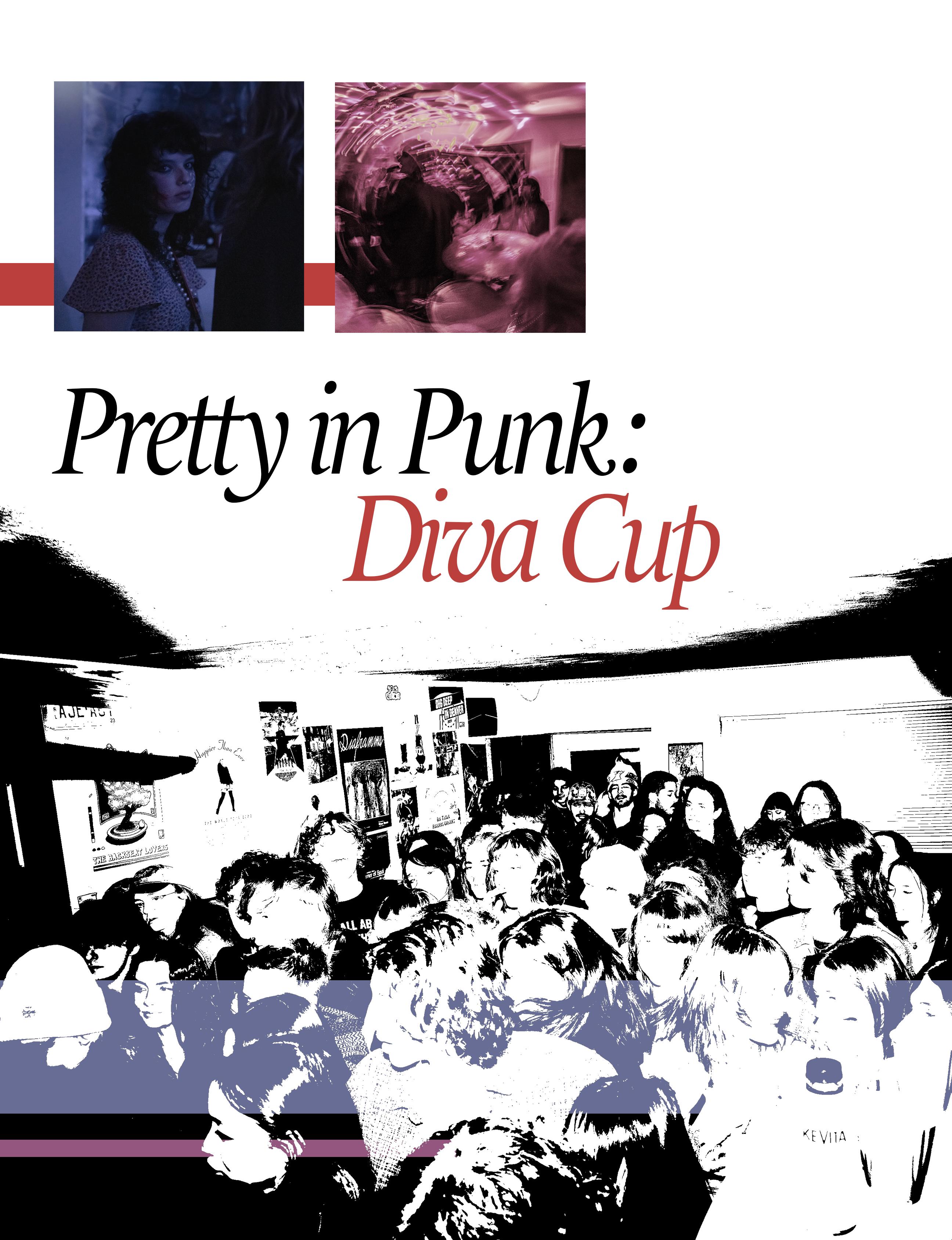
Joan Jett & the Blackhearts. Bikini Kill. Stevie Nicks. Hole. 90s feminist rock was influential beyond its time. Songs like “Bad Reputation” and “Cherry Bomb” have spanned across generations of women and girls, inspiring unapologetic celebrations of women and other non conforming genders in music. Boulder’s own girl band Diva Cup captures this energy in a new, refreshing way. They are a force to be reckoned with, and a band to be remembered.
Diva Cup consists of four talented musicians; Maggie Kempen (drummer), Polly Torian (singer), Addyson Harrison (bass), and Maxx Goodman (guitar). Three of the members met at CU’s very own Radio 1190, later adding their bass player and friend Addy. They were just a group of girls who wanted to play music
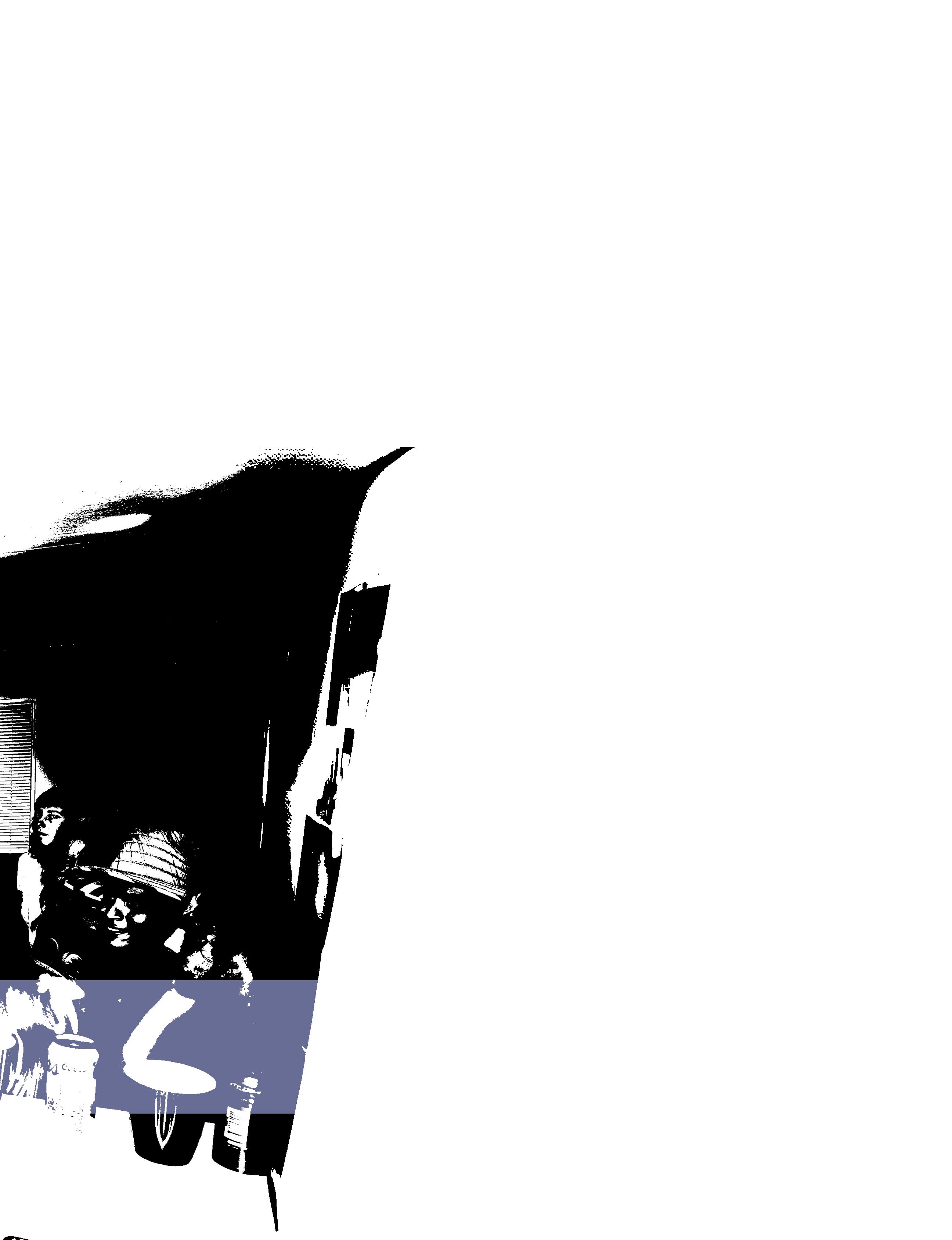
and get involved in Boulder’s music scene. Last April they started out by playing a show together, but this past fall is when Diva Cup really came to be.
“We had a ton of names that we were floating before we settled on Diva Cup. It was a good week or so of adding names to a shared notes app, but inevitably Diva Cup stood out because it’s both funny and catchy,” said Kempen, “Plus well... we’re girls.”
Since starting they’ve played countless showsaround the Boulder area. I had the privilege of attending a show myself, and the energy was incomparable. There was not a single person in the small, crammed college house that was not dancing and singing along to their set. The four of them are connected not only to their own instruments, but also each other’s, with the incredible talent of being able to feed off of the room’s energy. They played a mix of covers and their own originals, ending with their recently released song “Public Venmo Porn Girls”.
“Playing to a crowd of people is an awesome feeling… the build up of anticipation, to actually playing, and hanging out after, all makes it feel quite cathartic. Especially knowing that all the times you played a song over and over paid off, that makes standing in front of people feel really good,” said Goodman.
“The rush you get afterwards is the best part. Once the anxiety is completely gone and you’re able to feel accomplished with yourself, and the music you all just made, it’s a great feeling,” said Harrison.
It is no secret that women in music have a history of being silenced, discredited, and kicked to the curb. Diva Cup is a band that does not stand for that treatment of women and other gender minority groups.
“As a woman-identifying person, it’s really important to take up space in the music community and show people that you exist and are badass and capable of bringing down the house,” says Kempen, “I like to feel connected to other women and celebrate each other and pretty much every male-fronted band we’ve played with have been really cool in lifting us up too.”
Montana, Carrie Underwood and Taylor Swift, femininity has always been a huge part of music in my eyes,” says Harrison, “The influence of being
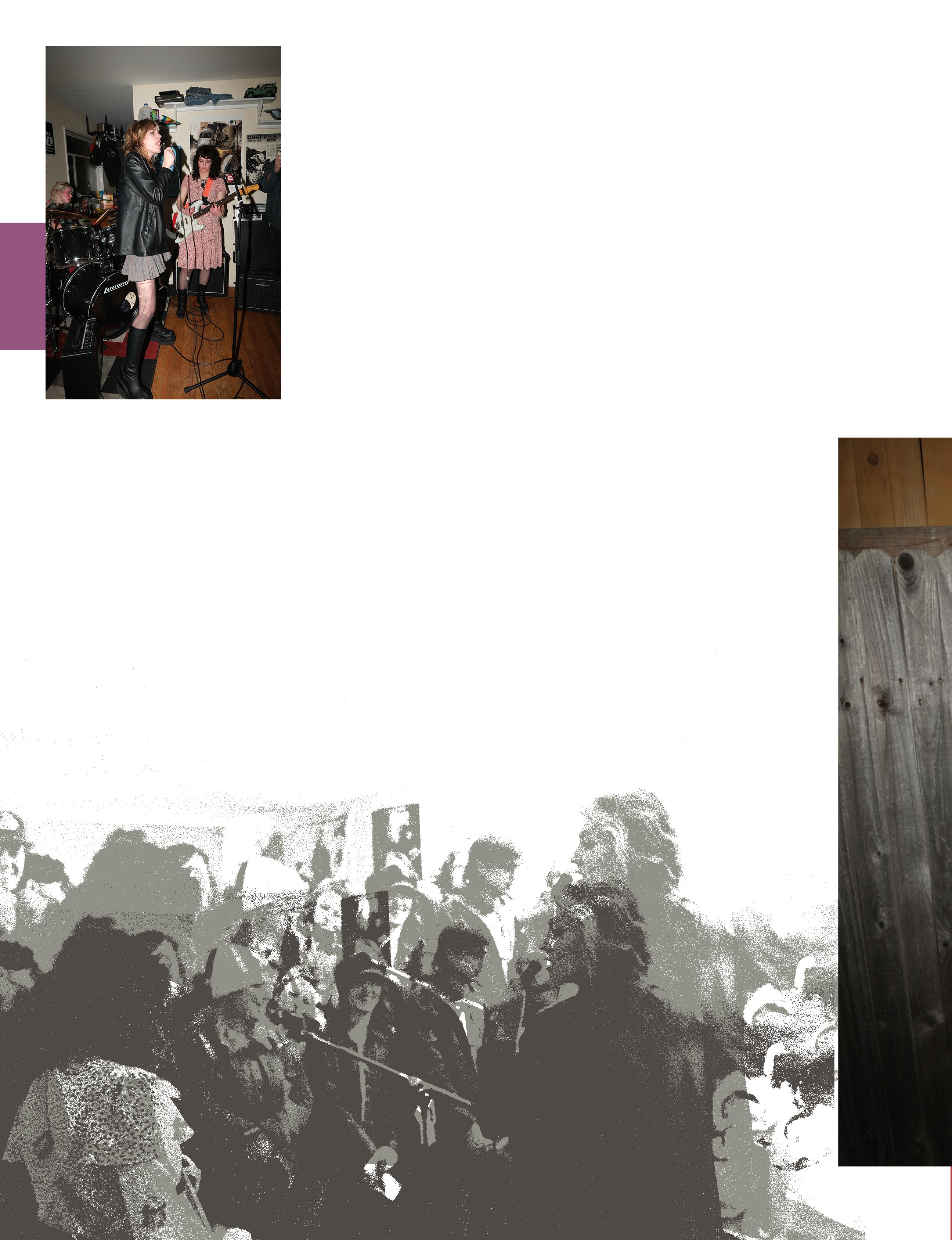
authentically yourself through the music you create has bled over into my adult life, and continues to be an important part of how I create and share music today.”
The band recently recorded a demo of their song “Public Venmo Porn Girls”. From the beginning counting off with the banging of drumsticks to the catchy scream along lyrics, the song is a true testament to what Diva Cup is all about.
“Men will always have a leg up in the music industry, and their egos are very prevalent. We haven’t experienced any blatant discrimination because of our genders, but we definitely raise a few eyebrows,” says Torian, “Feminine rage is a powerful, cool, awesome, badass thing. It feels good to make people see and feel it.”
Diva Cup encapsulates the anger, strength, and power that comes with being a woman in society today. Their sound is a rebirth of the feminist punk rock movement that raised generations of women. In three words by Kempen, Diva Cup is “Bad. Fucking. Ass.”
Support women and gender minorities in music. Support Diva Cup.
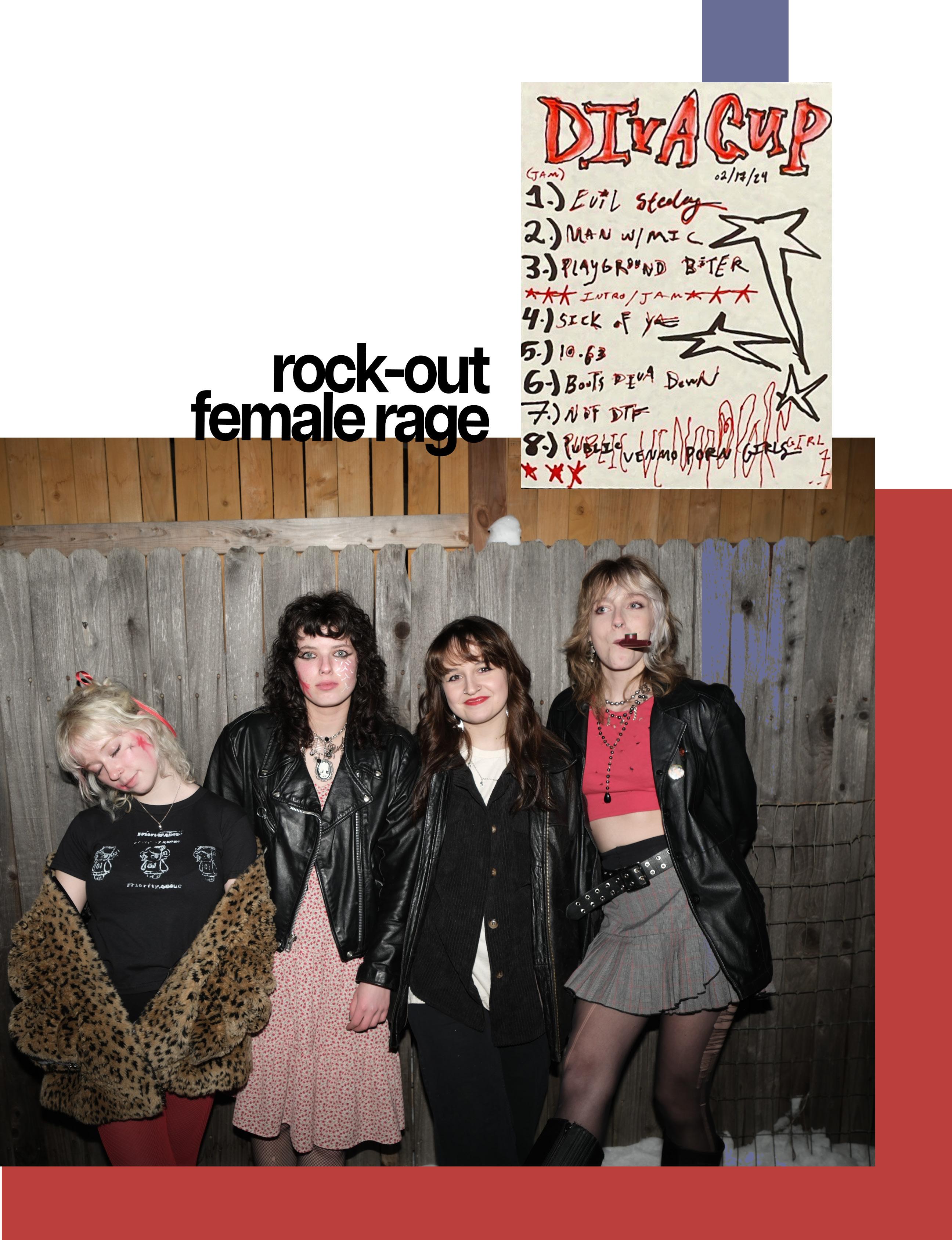
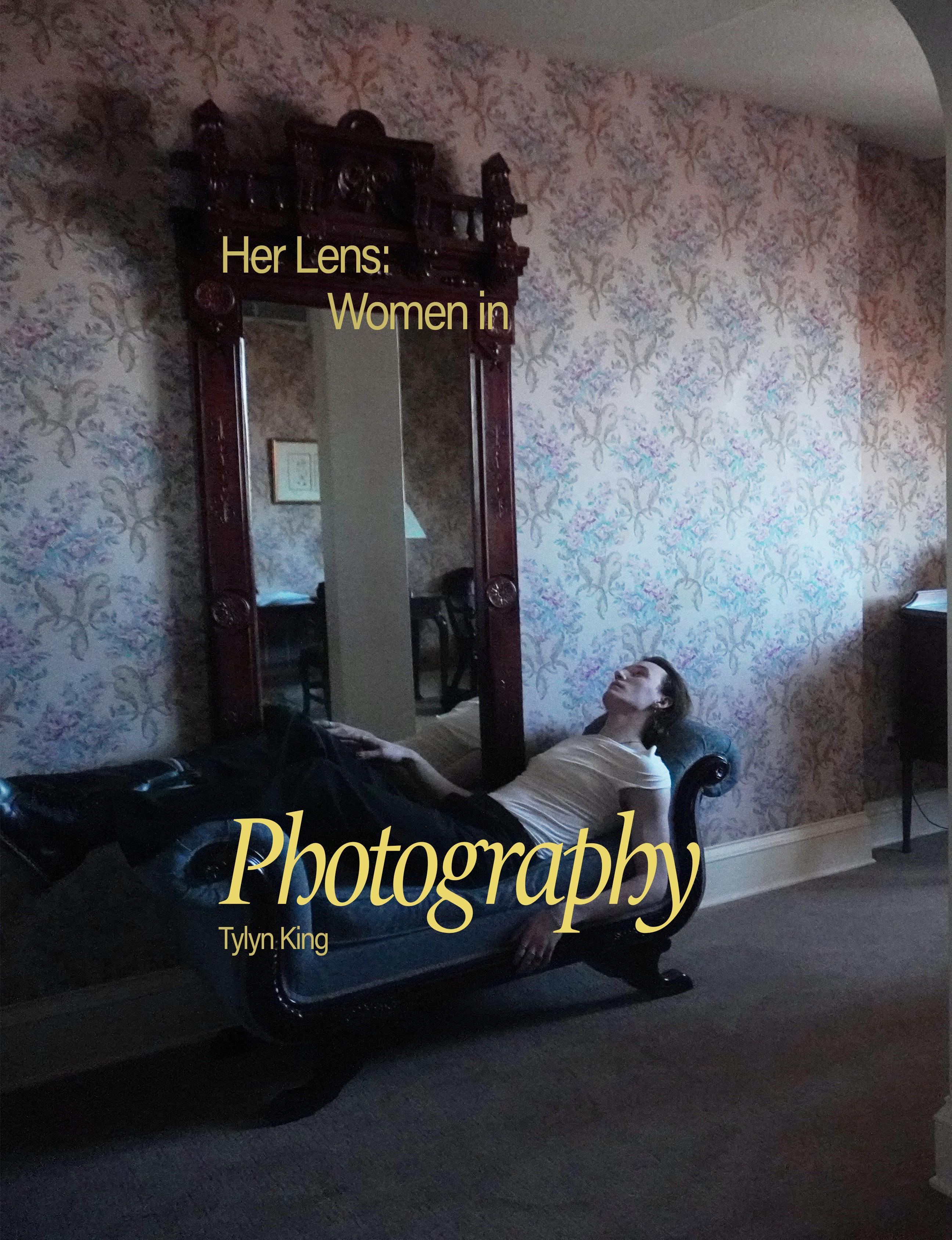
Art throughout history framed white women as the subject of a painting, and never as the artist. Especially in Euro-centric art, the artist was often a white man, and the sitter was a white woman. These roles still influence art, and photography, today. This article intends to expand beyond that and discuss several female photographers.
This article includes some personal favorites of female photographers and exposes how expansive women in the art field can be. Their photographs reveal that photography can be so much more than pointing and shooting—composing a photograph can be a world of its own. Included in this piece are my interpretations of the photographs and are not all factual however, still bring awareness to these photographers.
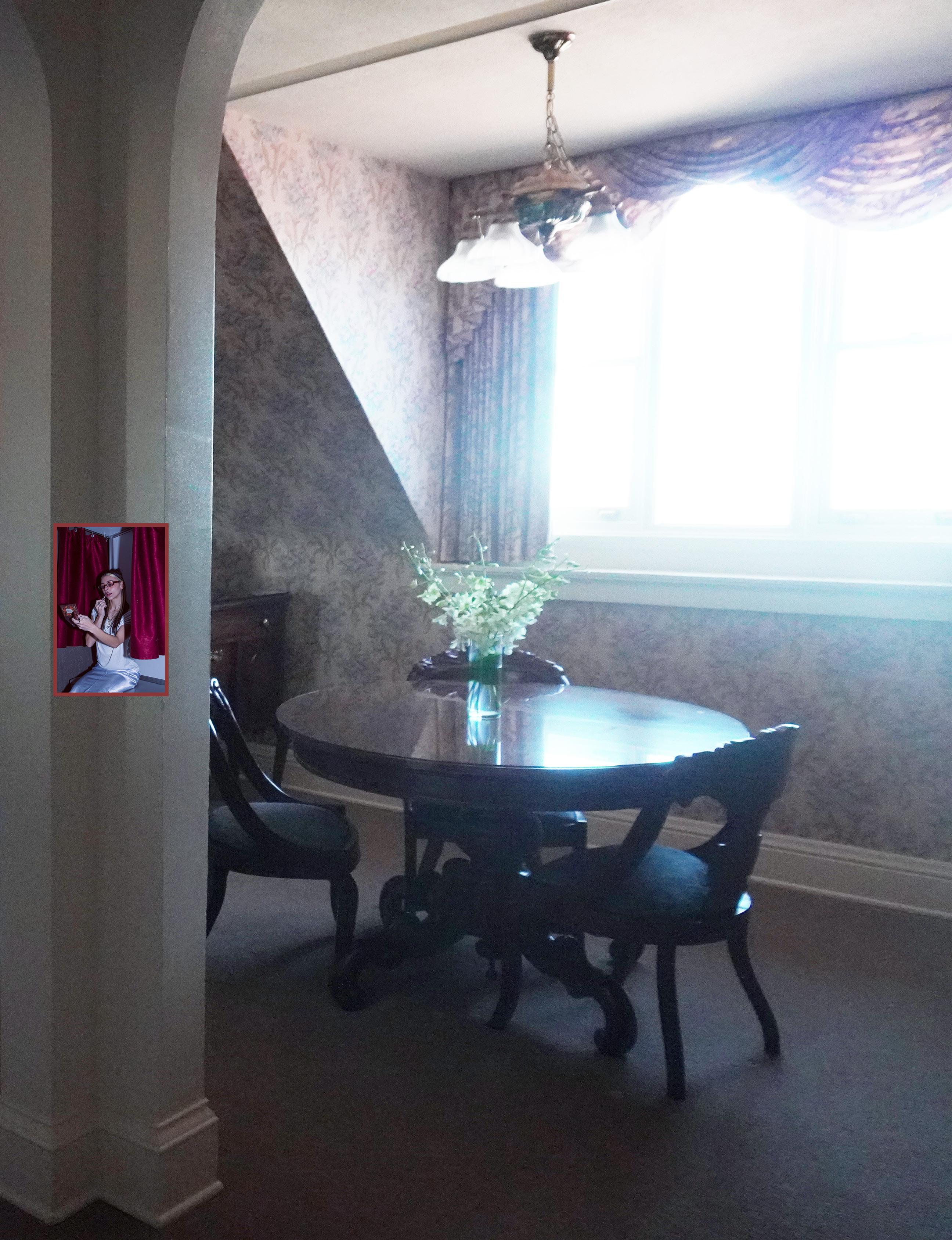
Nadine Ijewere’s photography focuses on fashion and portraiture of women and expands on the definition of beauty. Her artwork includes a diverse range of women and outfits from dresses to suits. In addition to skin tones and outfits, she also captures a mixture of bright bold or pastel colors and patterns, including motifs of flowers and frills. Ijewere’s Haut and Love
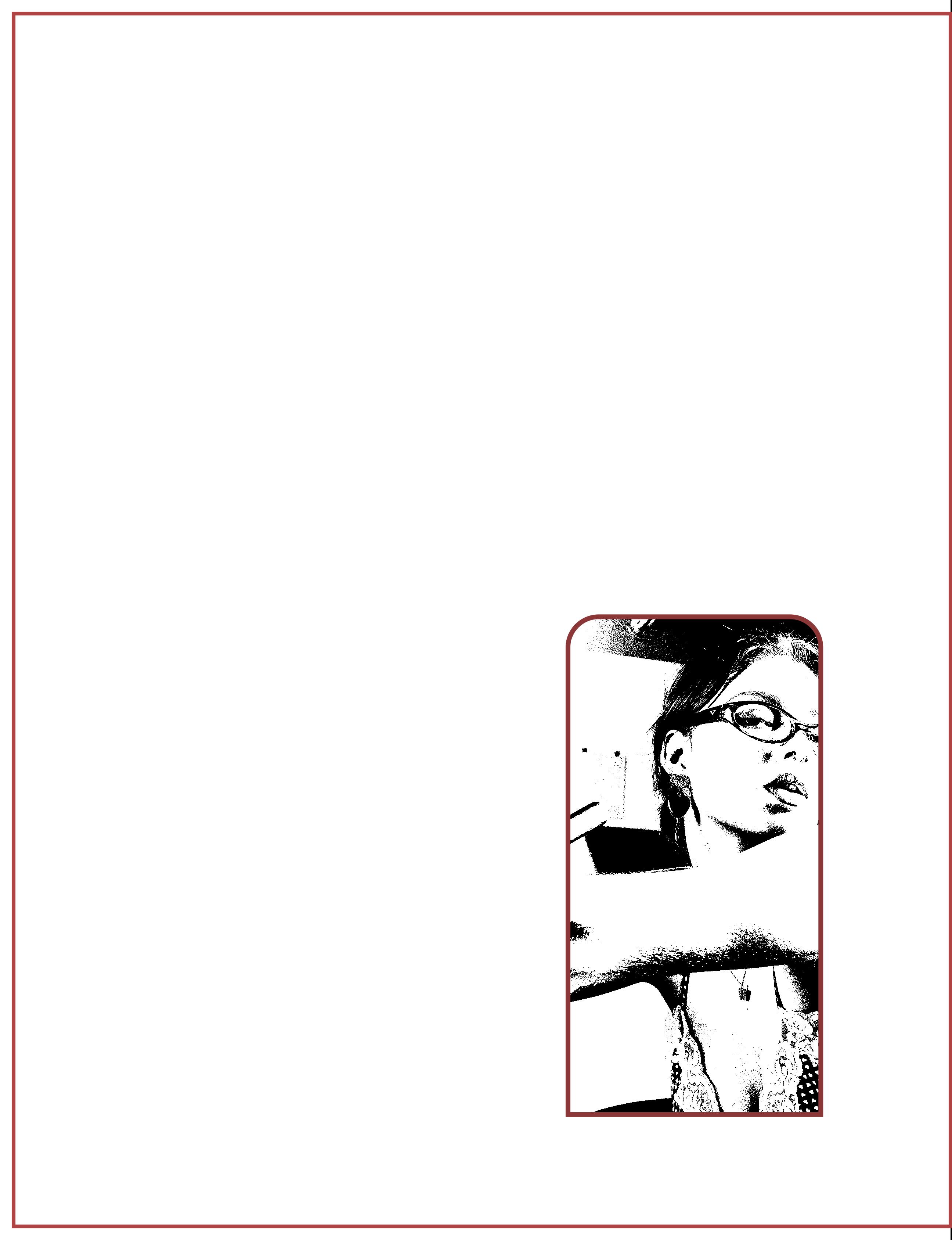
Experimenting with surrealism can blur the barriers of reality and fiction in photography. Dora Maar, known as one of Pablo Picasso’s lovers, often explored surrealistic photography. Her work, Untitled (Hand-Shell) and The Pretender, use dramatic lighting and large scale to defy gravity.
Japanese photographer Sayaka Maruyama, in Sakura series, delicately frames sakura blossoms around portraits of women. The elegant flowers can convey subtle femininity, while the starkness of black-and-white hints at surrealism and the reality of how beauty is perceived.
Miwa Yanagi’s Elevator Girl House series photographs women in the emptiness of an urban environment like a shopping mall. Yanagi’s vibrant colors and use of space create a fantastical dreamscape element. The vast urban setting alludes to women’s roles in a consumerist society.
Korean artist Jee Young Lee blends photography and installation art by building temporary sets inside a room with colorful props, then photographing them. Her repetitiveness in patterns and props brings an imaginary world into reality.
There are many more amazing and skilled women in photography and female photographers than the ones discussed above. This art field is constantly expanding and changing, and women are becoming more acknowledged for their work.
Ayana V Jackson visualizes historical influences and intricate outfits in her studio photography. Her photography recalls African history, in Dear Sarah and Take Me to the Water, including the Trans-Atlantic Slave Trade, and English missionaries in Africa. Jackson’s composition, studio setting, and clothing in her self-portraits bring a vibrant liveliness to photography and a new perception to history.
Lina Iris Viktor often mixes black-and-white palettes with gold paint into her photography, commenting on the social and political history and views of gold. Labyrinthine patterns and maps of paint surround her self-portraits, mixing figure photography and abstract painting.
Lorna Simpson focuses on gender and race identity, and how black women are perceived. Her photography emphasizes how hair, language, and image can affect identity. In Simpson’s photography, Five Day Forecast, the prefix misin several words, misfunction, misremember, display assigned views attached to the women in the photograph. Simpson’s She exhibits the difference in gender representation in clothing with the person wearing a suit in the image, with the words female above.
Lalla Essaydi’s photography reflects on the views of women and their identity between Moroccan and American culture. Arabic calligraphy overflows her photographs, written over the women, clothing, and backgrounds in her photography. This use of script becomes an art form of its own, and the patterns blend the women with the background, while also directing their gazes to the viewer.

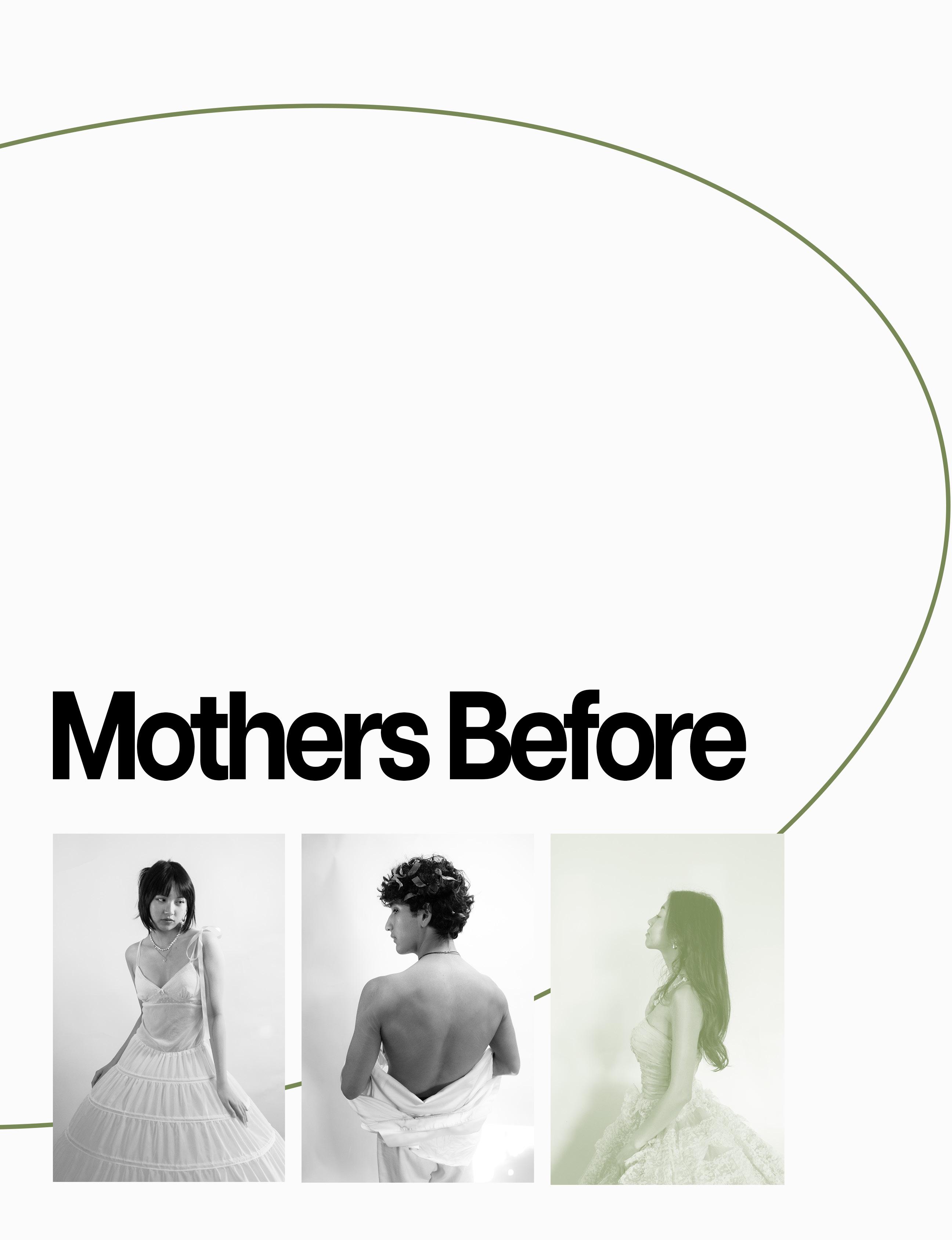
I feel close to my grandmother when I pull on her leather driving gloves
Custom made to fit tiny hands exactly the same size as mine
I remember my great great aunt and all her farmer’s wife tasks When I wash each dish by hand not trusting machines to do my chore
I see what remains from my great grandmother though we were never able to meet When I look in a pond and see my reflection with hair that gleams copper in the sun
And to these women I owe more than an simple acknowledgment I believe I owe a thank you to every mother that was a mother to me or my own mother.
Cici Frazier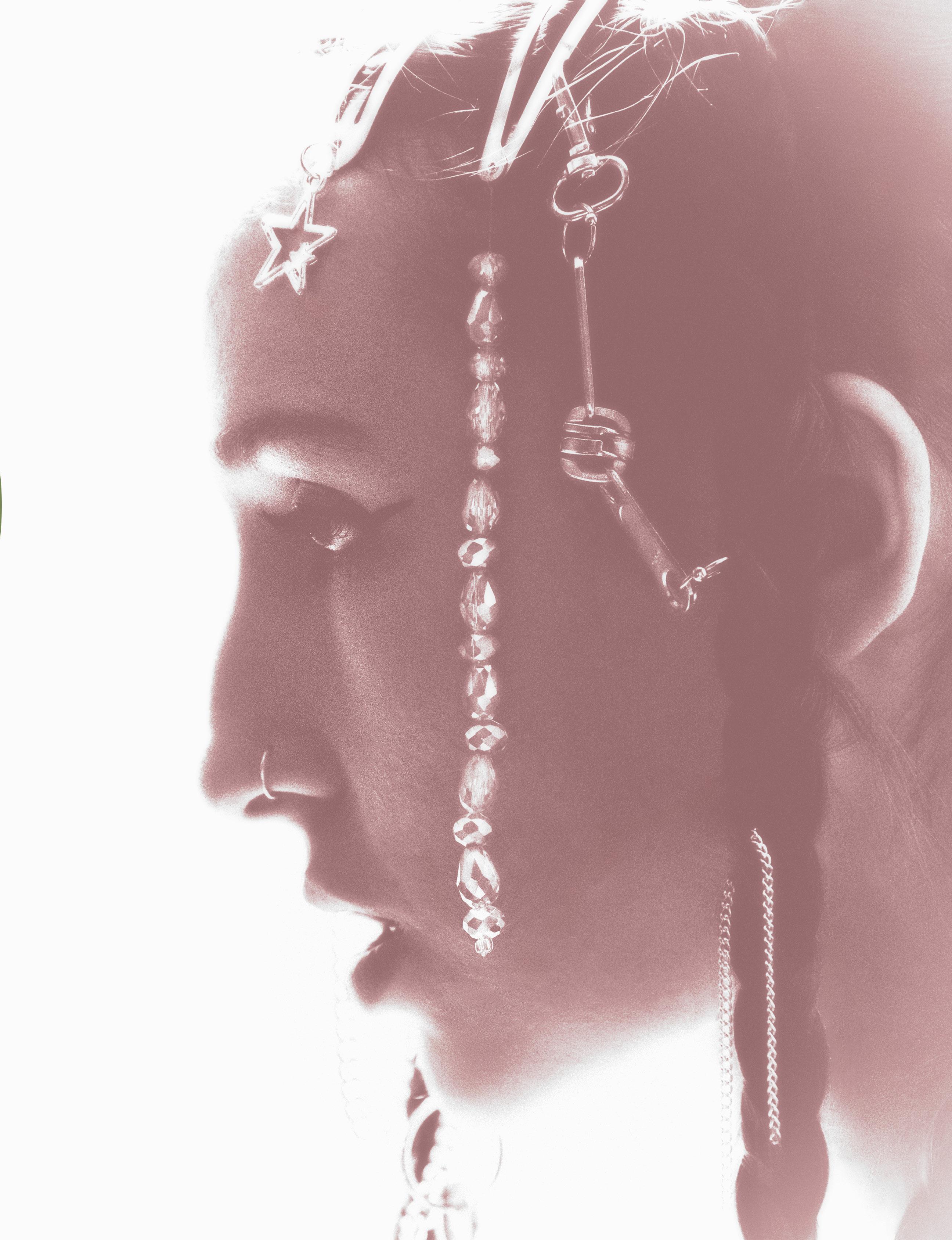
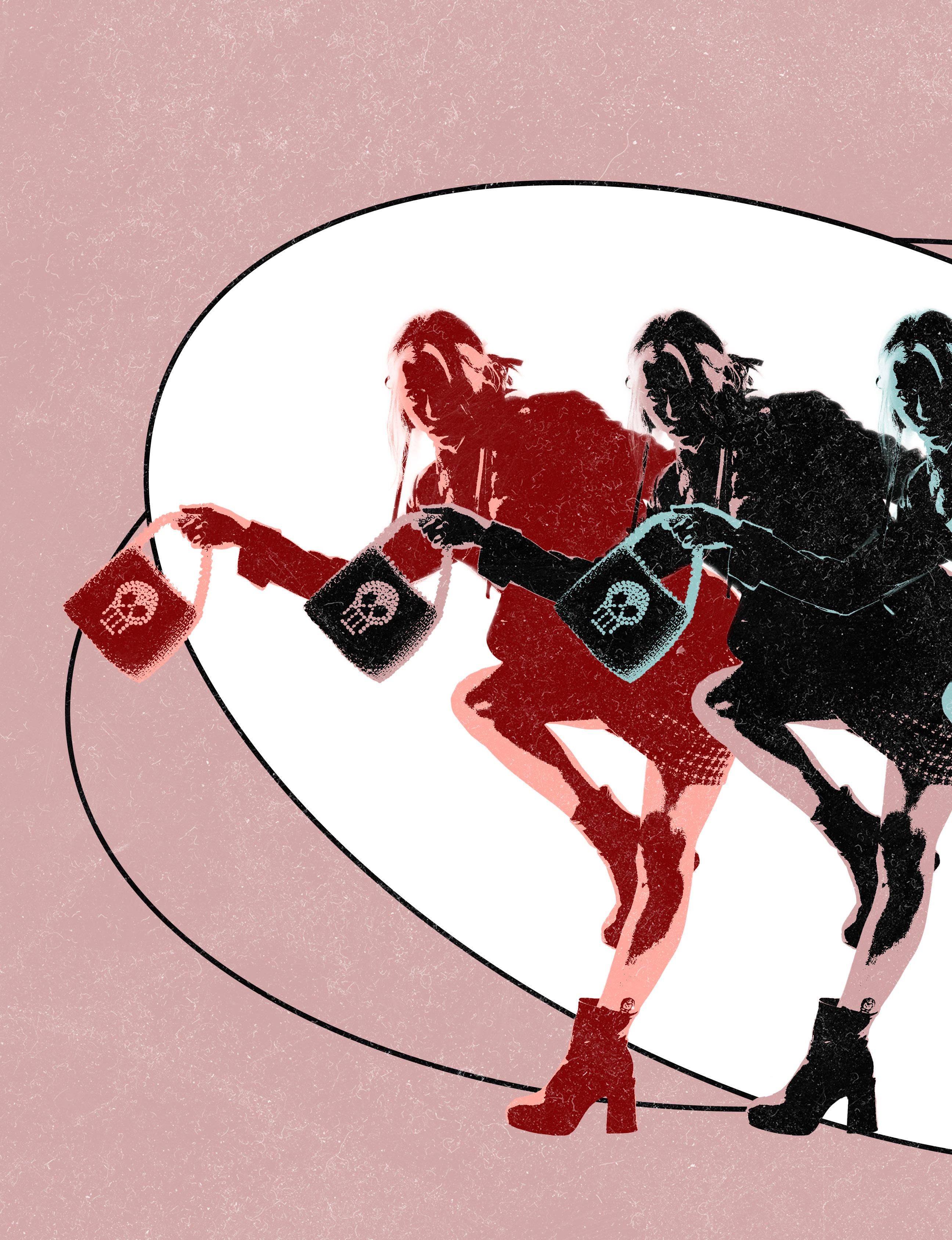 Aidan Roof
Aidan Roof

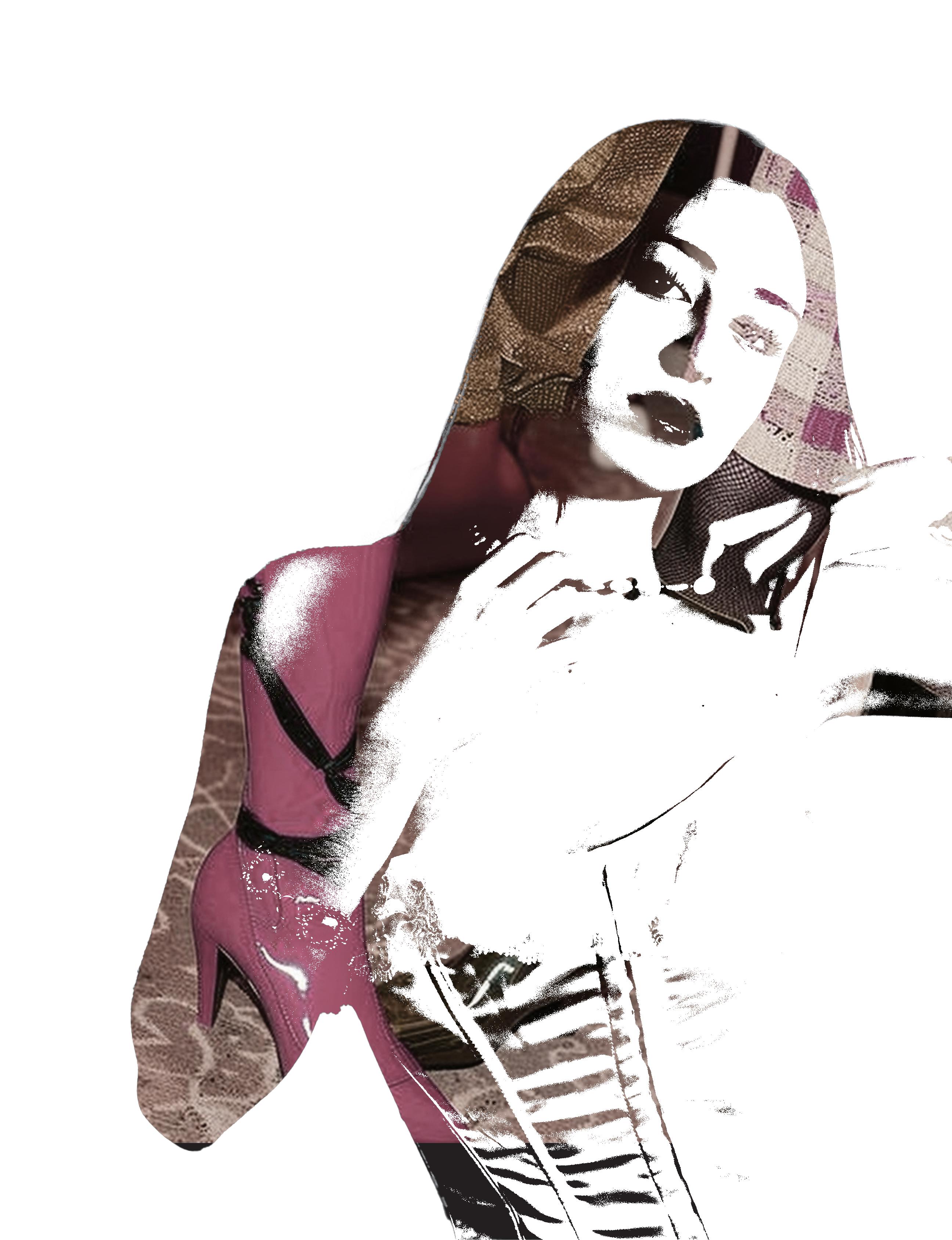
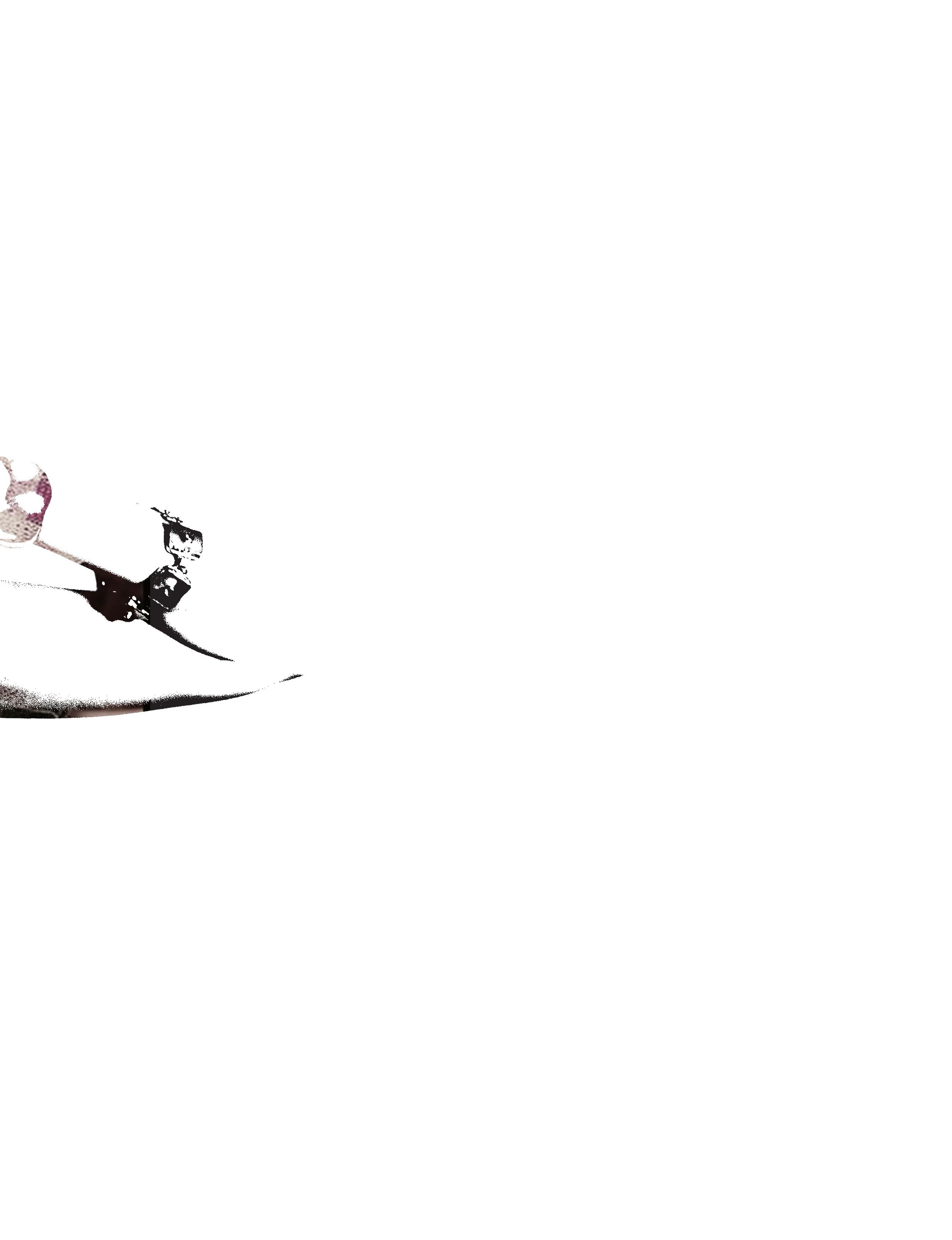
Apocalypse’s revolution reaches beyond its mission to bring confidence to the individuals of the community. Style is how people represent their identities, which is a person’s definition of who they are. To Lacy, “Style means more than words,” it is the reason she can feel like herself. Style reflects moods, seasons, and occasions; therefore, it is essential to find the right outfit for every vibe. At Apocalypse old clothes can be traded in for new ones, allowing for new creativity to spark. Apocalypse provides a space where anyone can find a style that makes them feel confident in themselves. Lacy feels that in this community she is, “accepted and inspired by the creative individuals that make up the population,” and walks with a sense of empowerment in her eye-catching outfits.
At Apocalypse, gender norms are out, and personalization is in. Throughout history, gender has been divided by a binary, emphasized by clothing. While society is opening its mind to blur the lines of masculinity and femininity its history is still embedded in the fashion industry. Apocalypse scraps the idea that women must shop in the feminine section and men have to shop in the masculine section. All parts of the store are available to anyone without judgment. Lacy found that she could be both at the same time with her recent purchase of oversized red dickies that make her feel, “confident, comfortable, and swaggy!”

All the previous standards of the fashion industry are shattered by Apocalypse making it a ruthless force in the evolution of this industry. To Lacy “Ruthless” is defined as, “standing up for yourself and not compromising the things you want just to please somebody else.” Power is seized from the majority, especially women and it is reflected by control, like the control over the autonomy of how a man and a woman are expected to dress. Women have been pushed to dress according to the male gaze, but Lacy defies that ideal by dressing for the gaze of women. In Lacy’s leadership role, she feels she has inhabited her power by advocating for her needs and exemplifies that standard amongst her team.
Apocalypse uses its platform to speak up against what is not working in the fashion industry. They are ruthless in changing the status quo. Living up to its name by using knowledge of the industry to produce acts of good for the fashion community. Apocalypse has achieved sustainability, community, representation, and change. Apocalypse is just the beginning of a new age fashion revolution!
Photos by Gabo Page, Tylyn King, and Sam Nelson
A redolence sweet from afar
Fainted while it took residence in my breath
Once the cloud had drifted absent
No need felt to run after it
Nor sink to the cement with my knees
A slight turn back would alter its entirety
A scenario not meant for such longing
A desire formed facetiously
In spite, it’s vacancy throbbed the same
Only, the wound lacked depth
And the core profundity
Mia DiNorcia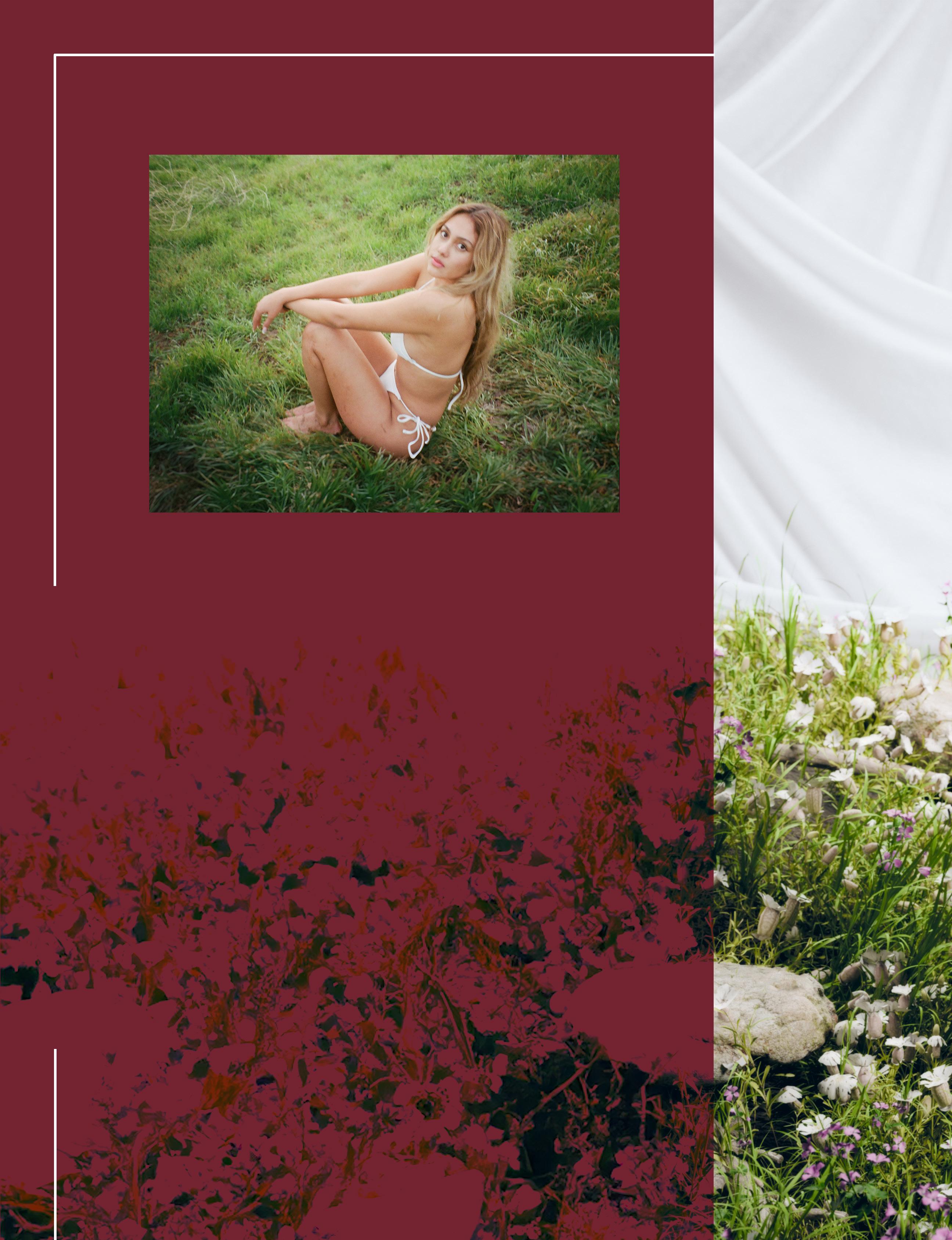
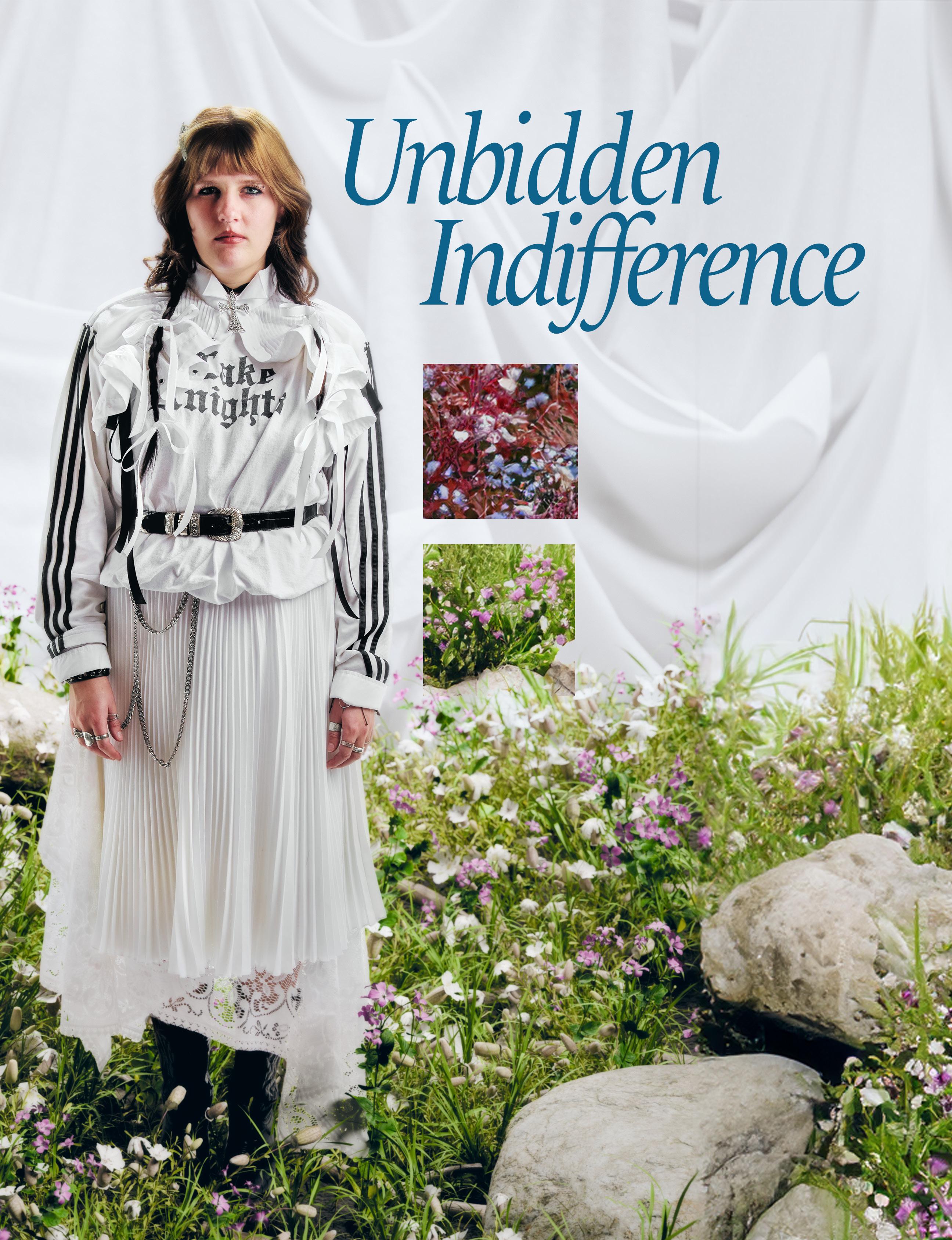 Aidan Roof
Aidan Roof
In a new day and age, people are expressing their gender in new ways. Younger generations are more accepting of new identities and are normalizing being a part of the LGBTQ+ along with other social identities. TIME magazine mentions that Gen Z is interpreting gender in a whole new way. The key concept being introduced here is ‘gender fluidity.’
Gender fluidity is defined in different ways but generally involves losing a fixed sense of the gender binary. It can also be an individual that experiences their gender differently from day to day. The gender binary is when individuals are classified as either male or female with no in between. Gender fluidity can also apply to an individual that experiences their gender differently from day to day.
Gender is losing binaries and is becoming something without boundaries or rules.
The Hindustan Times writes on how gender fluidity in fashion may become one of the biggest trends of 2024. The article highlights how this fluidity is spreading to other countries and is not central to just the US. The Hindustan Times touches on the gender-neutral trends rising specifically in India. The article mentions how clothing pieces like the dhoti “transcend gender boundaries.”
These trends are spreading across social media and are challenging traditional gender stereotypes. For example, we are starting to see men experimenting with femininity in a way that opposes toxic masculinity.
A few examples of men dipping into femininity are Jacob Elordi and Billy Porter. Elordi has done multiple photoshoots in crop tops, corsets, pearls, and other symbols of femininity. These photoshoots have inspired many men to experiment with their own expression. Porter has been a long time icon in gender expression and has often worn dresses and skirts at red carpets and events. Many other
celebrities have taken inspiration from Porter’s red carpet looks, such as Sebastian Stan and Pete Davidson.
Similarly, men are wearing skirts and dresses more often both in formal settings and in streetwear.
Maison Margiela has become an icon in genderless fashion and gender fluidity in fashion. The fashion house, formed by Martin Margiela and Jenny Meirens has had two recent runways go viral. For the Spring-summer 2024 collection co-ed show, the looks experimented with silhouettes by putting masculine looks on the female models and feminine looks on the male models.
Many of the male models wore skirts and dresses. Some of the looks combined skirts with suit jackets resulting in a “mixed gender” look. The female models wore looks with suit-like silhouettes to again challenge traditional gender norms.
Another runway collection by Maison Margiela gained a lot of attention from the public. The Couture spring 2024 show has been the talk of the town across media platforms because of its theatrical nature and stunning visuals.
The show featured a doll-like inspiration. All of the models, regardless of gender, wore makeup that mimicked vintage, glass doll faces. The point of the show was an experimentation with gender and structure. Models of all genders wore corsets and skirts to emphasize the waist and to create a whimsical silhouette.
The show is one of many that have challenged gender norms. This year alone, we are seeing more and more fashion shows and trends that prioritize genderless fashion. It seems gender will continue to be a topic of discussion as many different people continue to experiment with their expression in 2024.

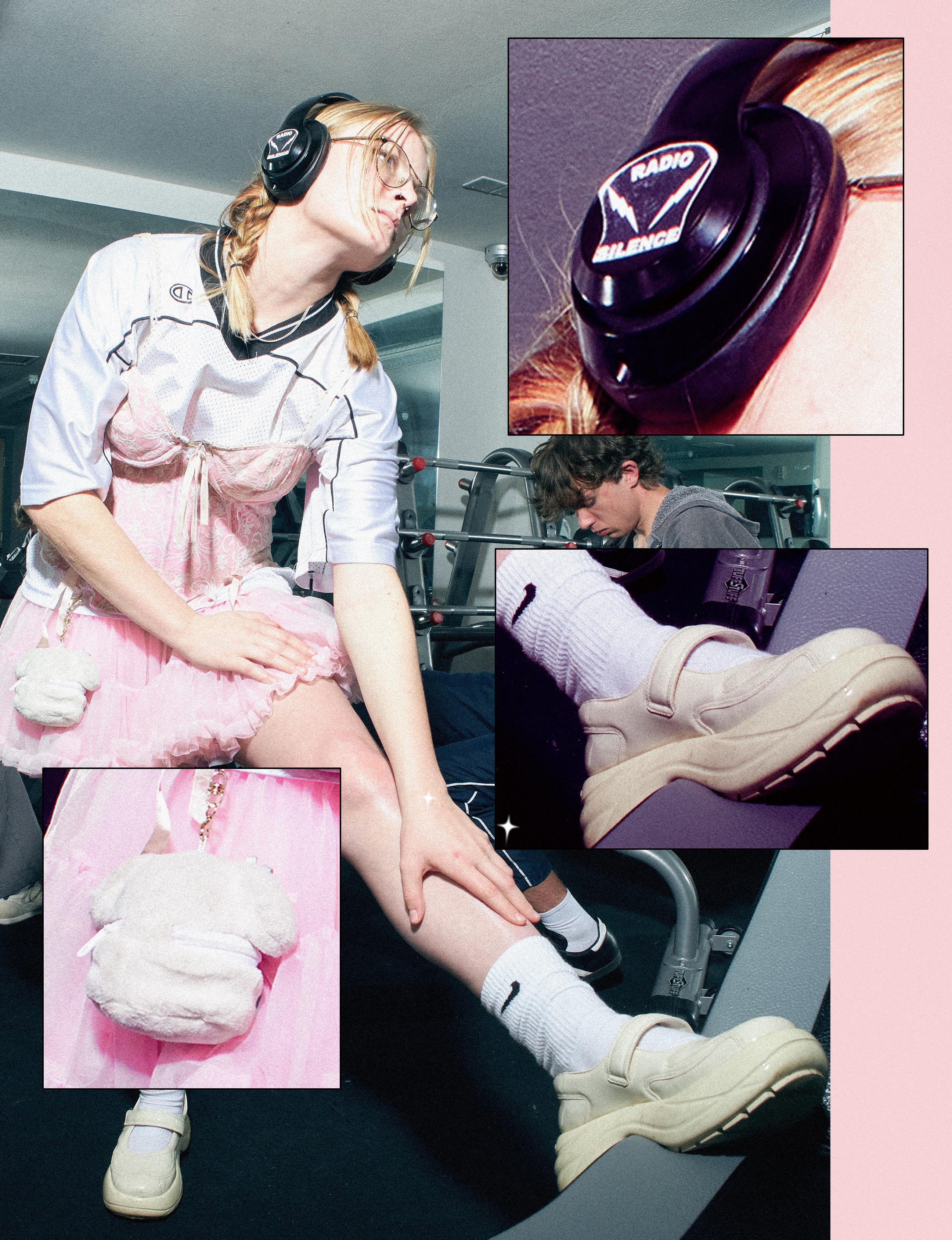
I weaponize my beauty
Out of bloodlust
Out of thirst
For perfection.
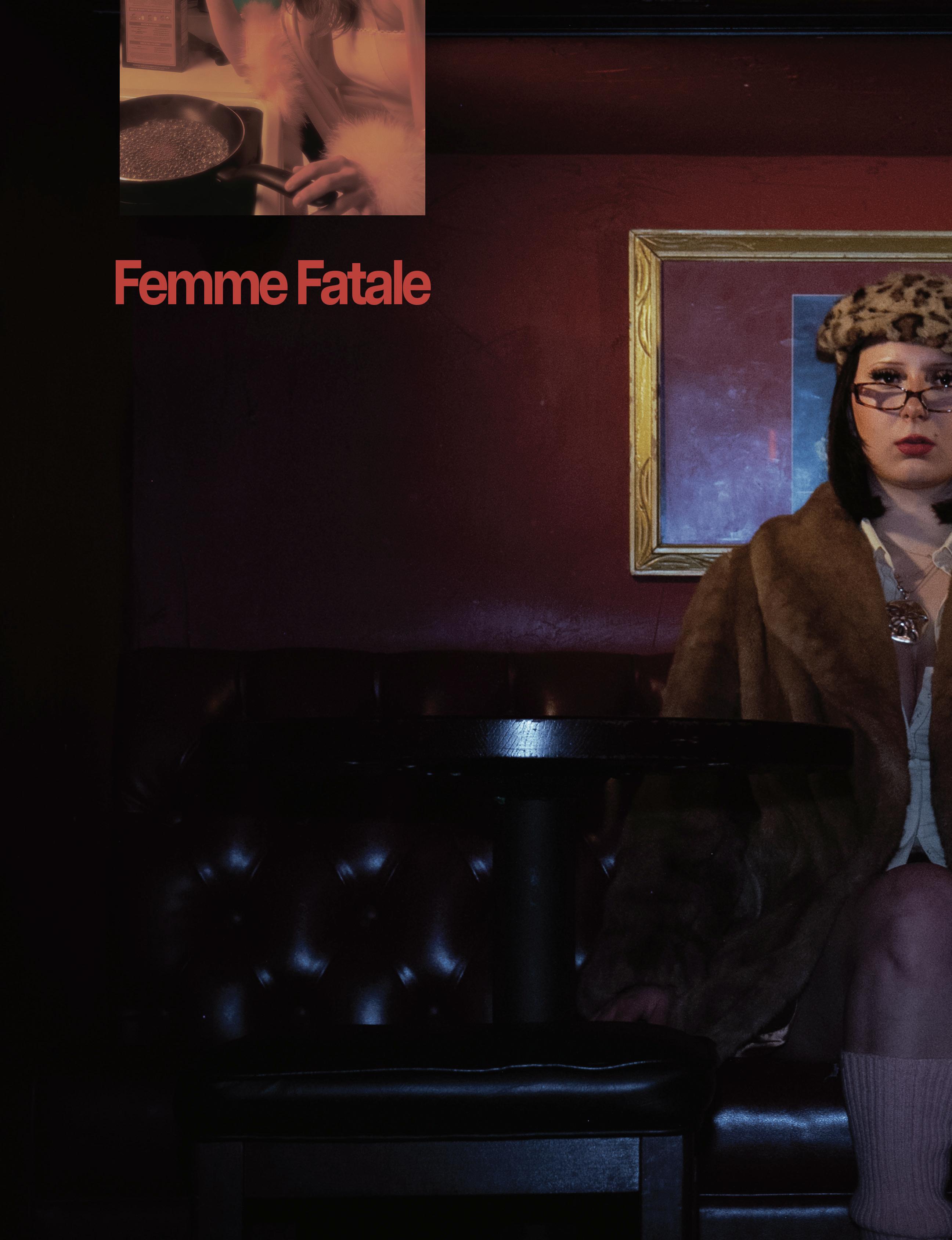
Expected to pour myself out
To submit to your image
Of femininity.
Pushed to accept your expectations
With alacrity
And ignorance.
I will no longer mold myself
To fit you.
By Rue Murray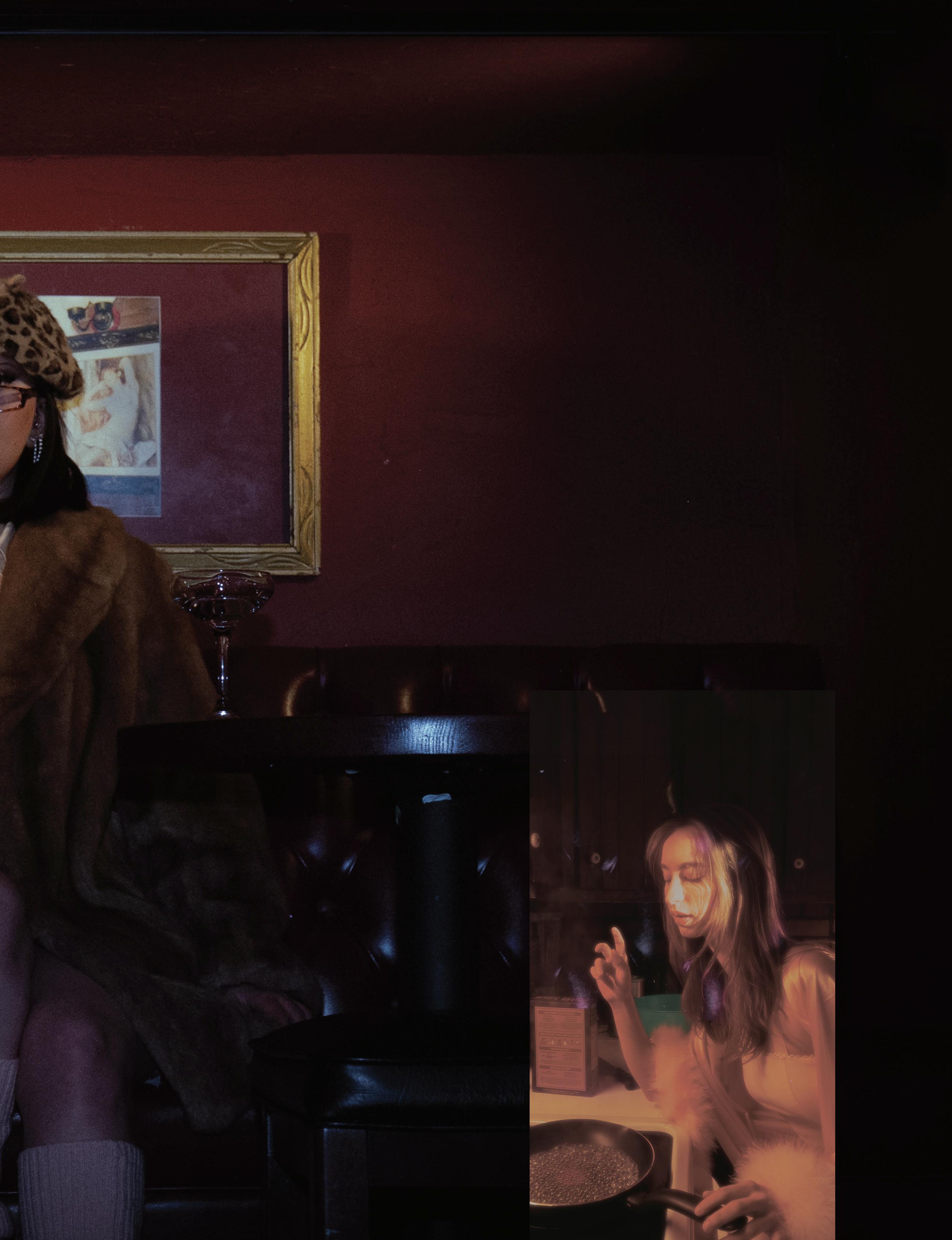
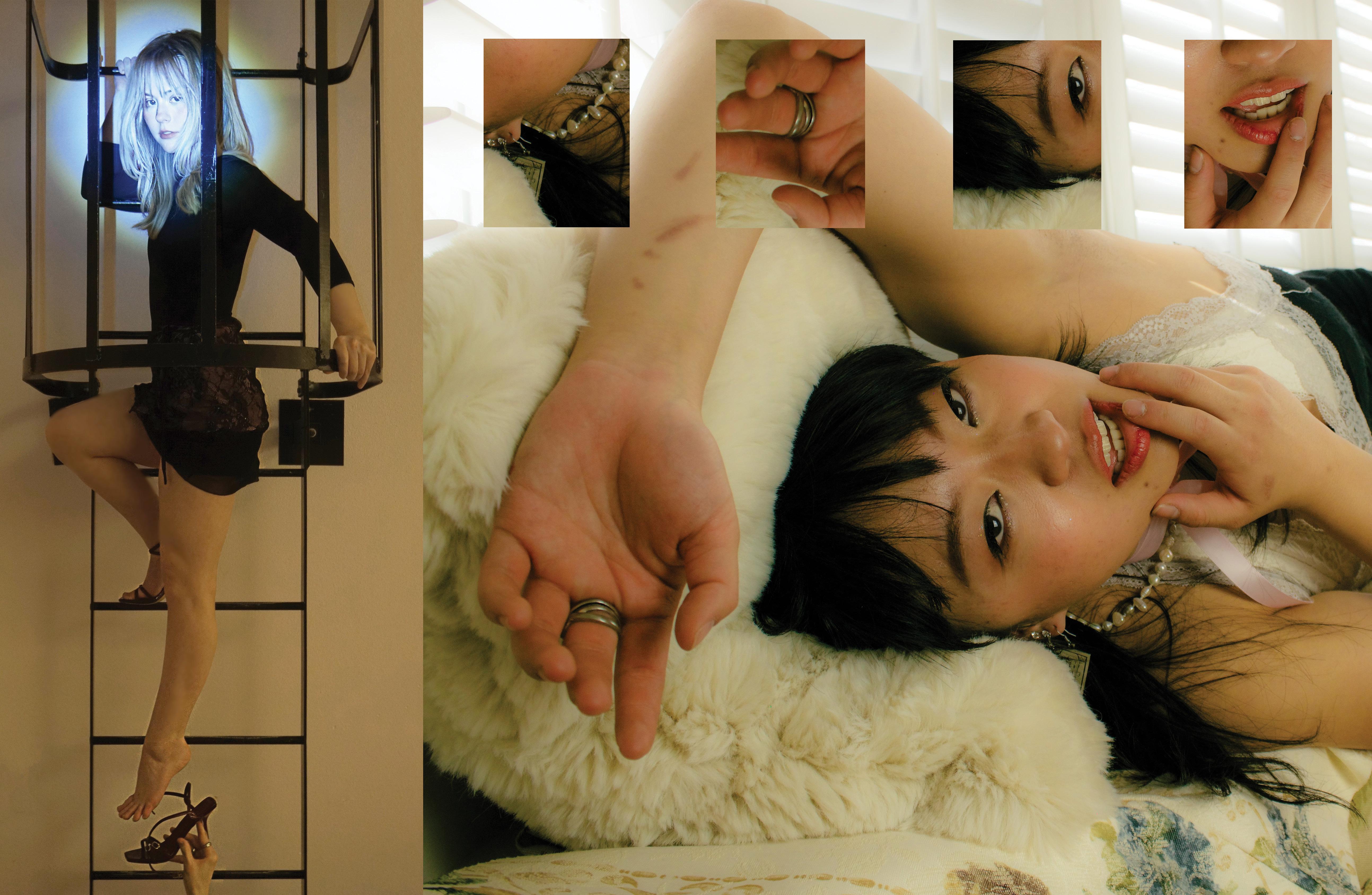 Connor Farrah
Connor Farrah
 Sam Nelson
Sam Nelson
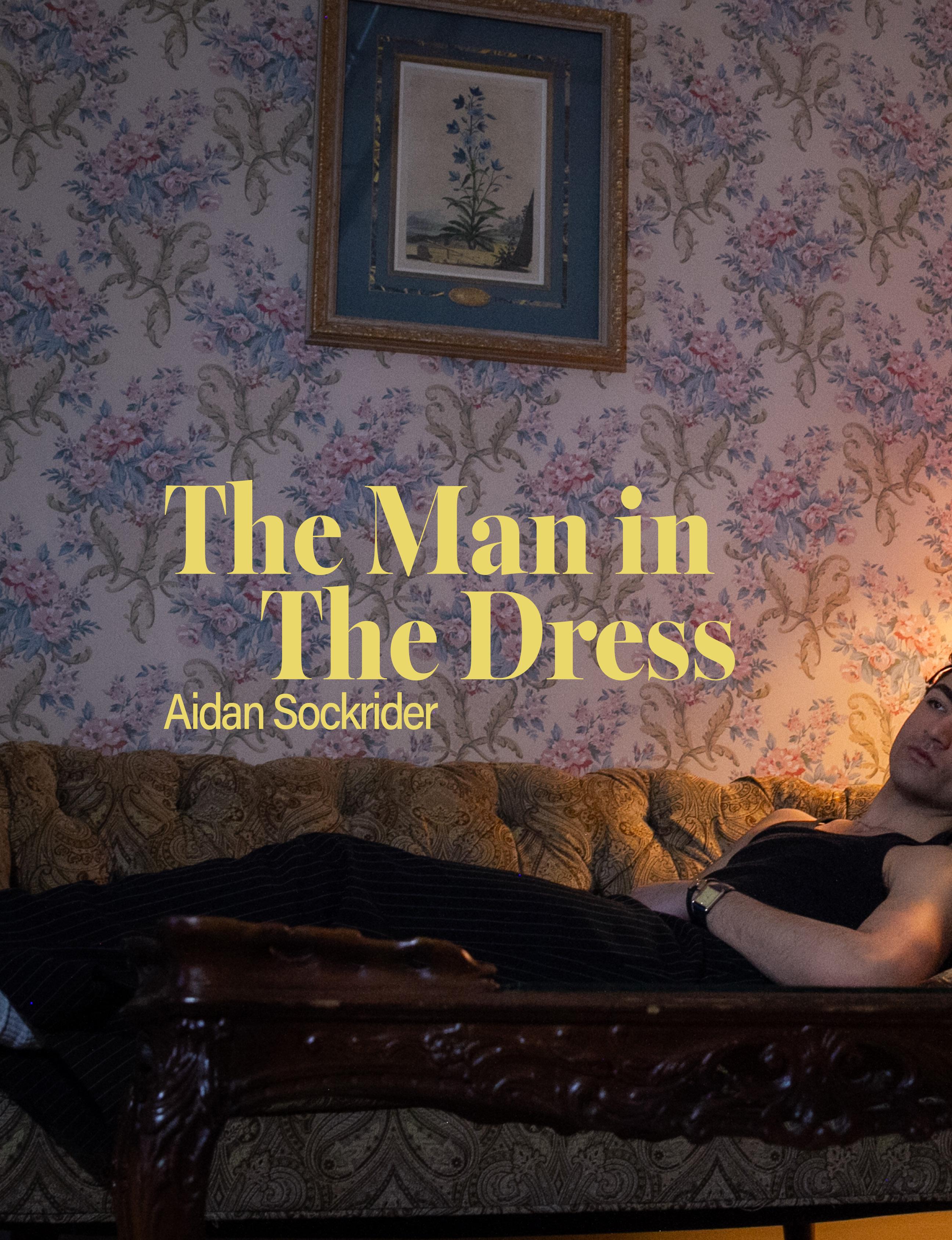

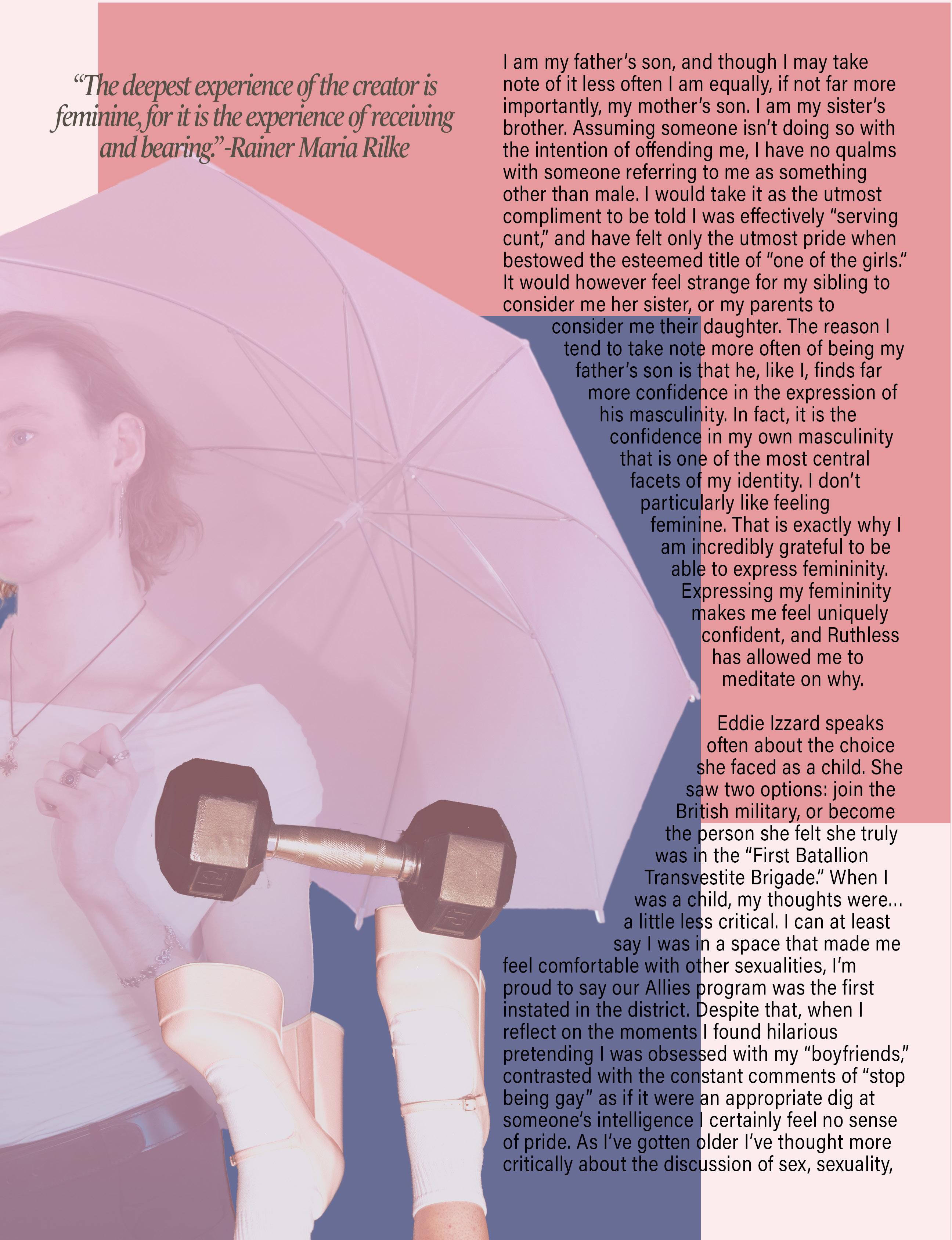
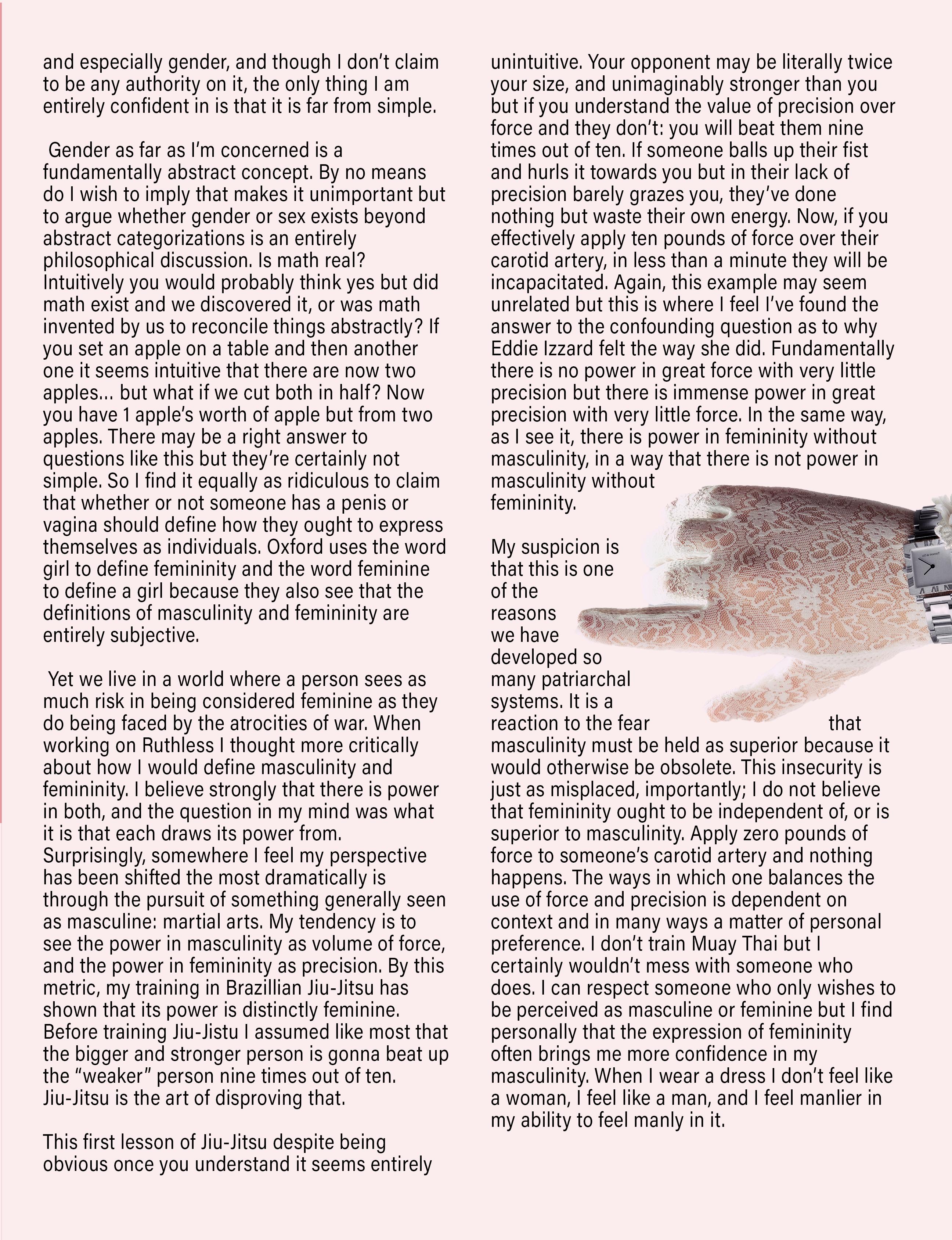

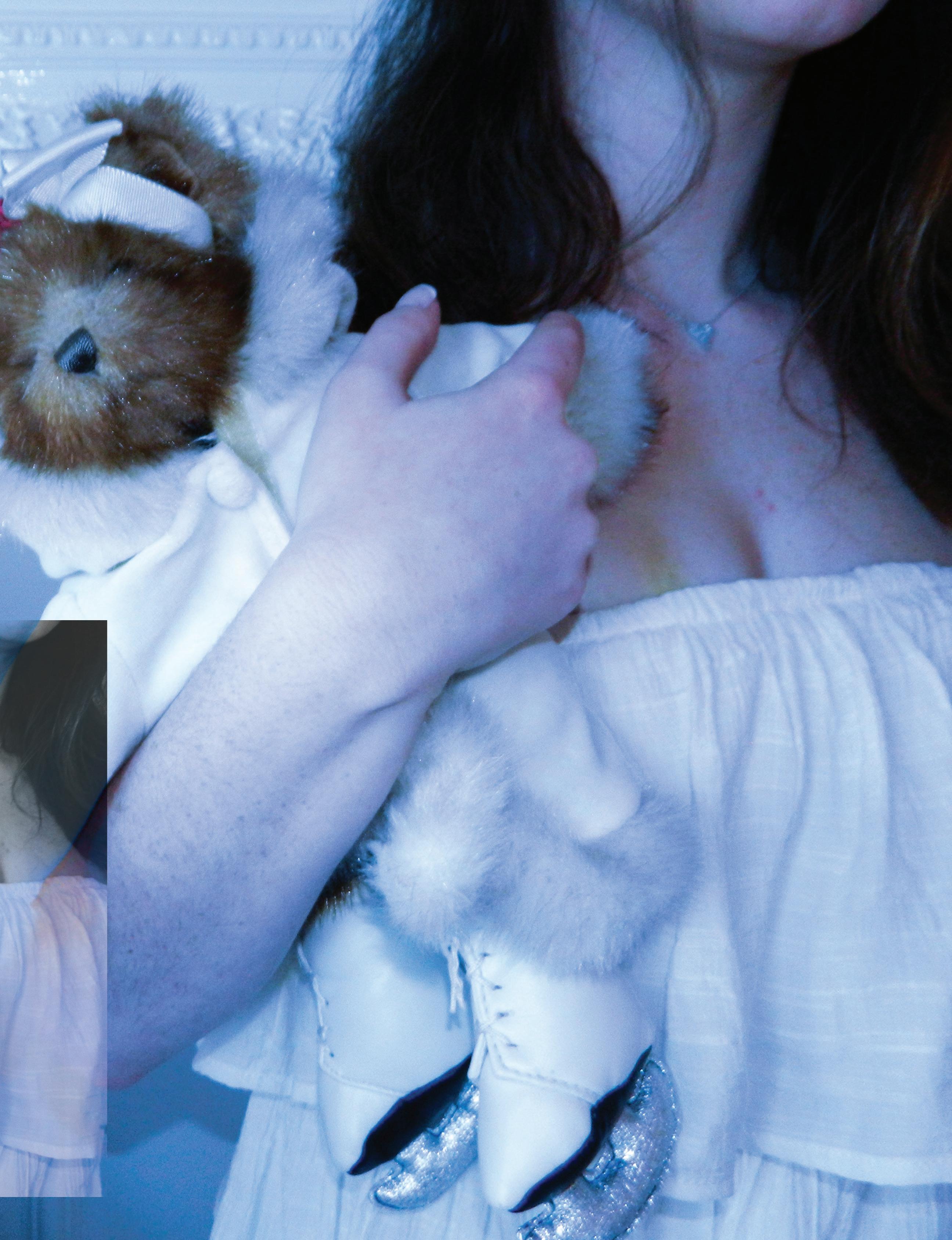
This April, the Conference of World Affairs will return to CU, this April 9-12th. Roam Boulder is excited to announce a collaboration with the CWA. Stay tuned for more information about our collaboration and this semester’s fashion show.
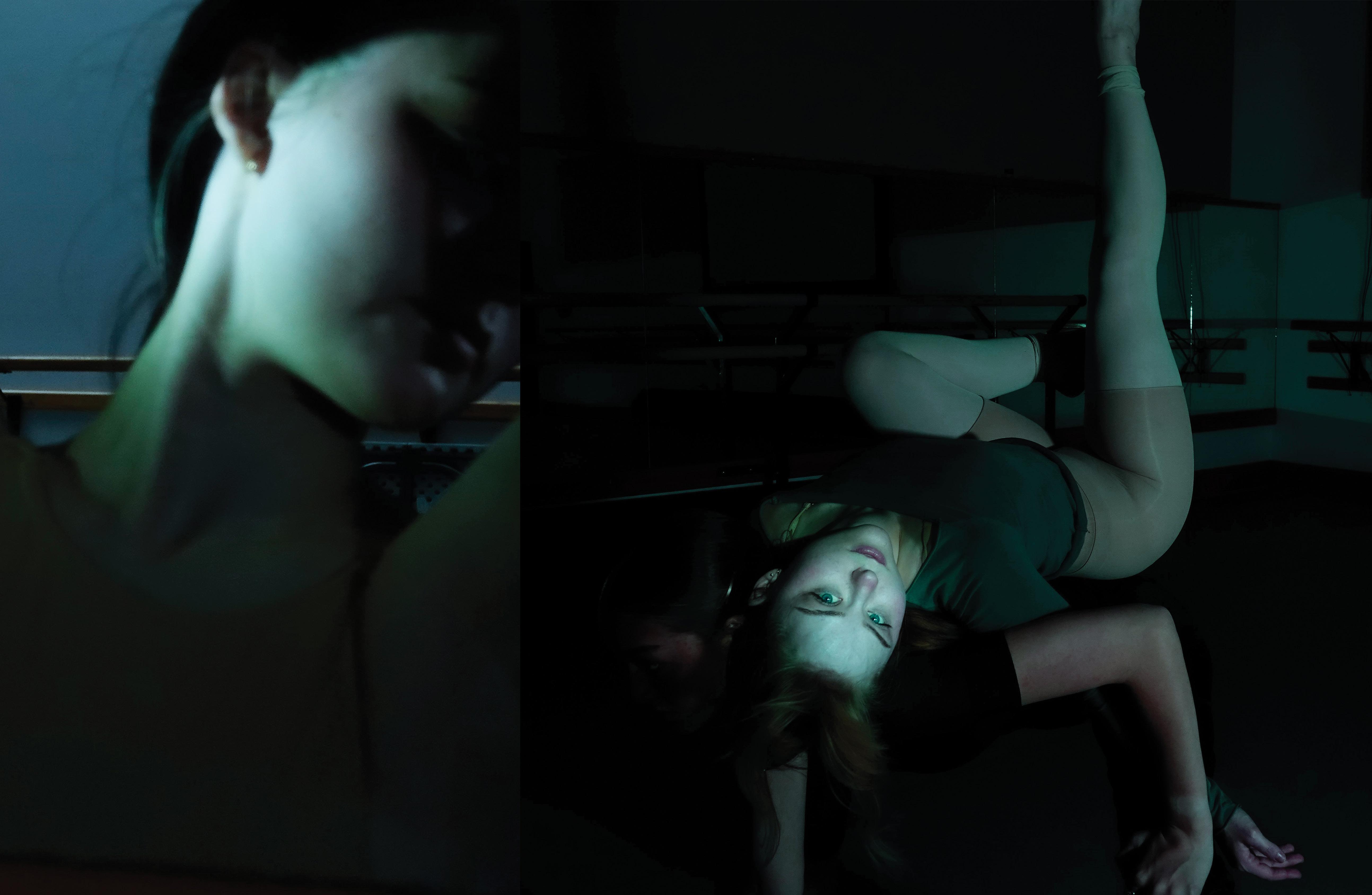
Dancing on a swivel chair
In a dark room
With a window Of magenta
Beaming light. Romance in my hair And under my nails
A gem
Pushed into the skin
On my chest
My battered skin. Blue light
Makes purple
When it’s mixed with Womb.

The pendulum swings
Both ways
Before resting
In the middle.
The pendulum Swings.
Garrett Botsch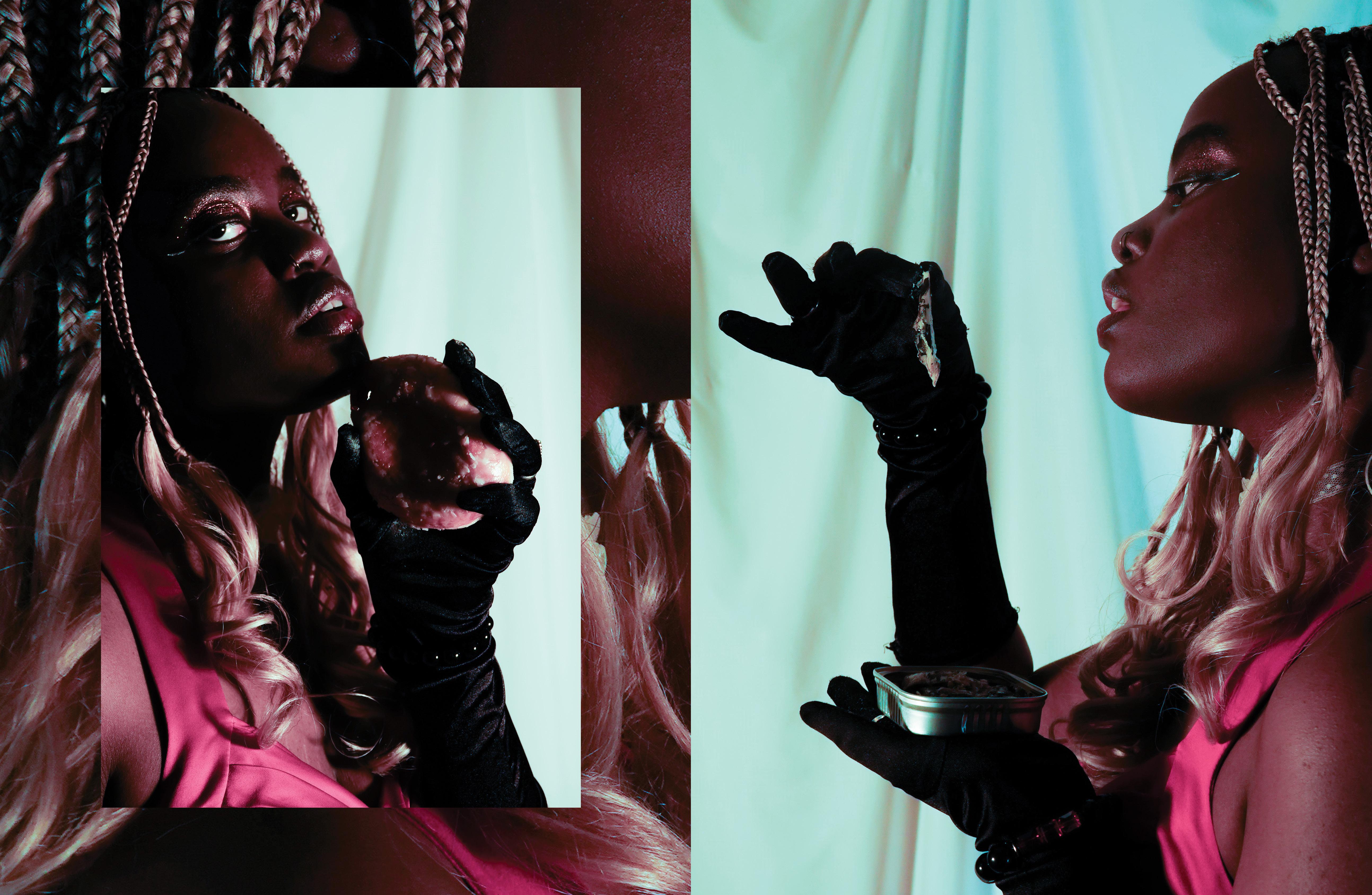


Makyla Spann is a PR and Advertising major at DePaul University. She also happens to be the creator of I Love Women magazine, which embraces what it means to be a woman in all forms: sex, love, music, culture, and fun. Spann created this magazine because of her love for women, and not just romantically. “They’re so dedicated, strong, intelligent, kind, beautiful, and so much more.” Makyla’s magazine reflects this sentiment through a colorful combination of articles, online graphics, photos, and more.
While Makyla welcomes submissions, she is the primary wheel behind the print. “Making a
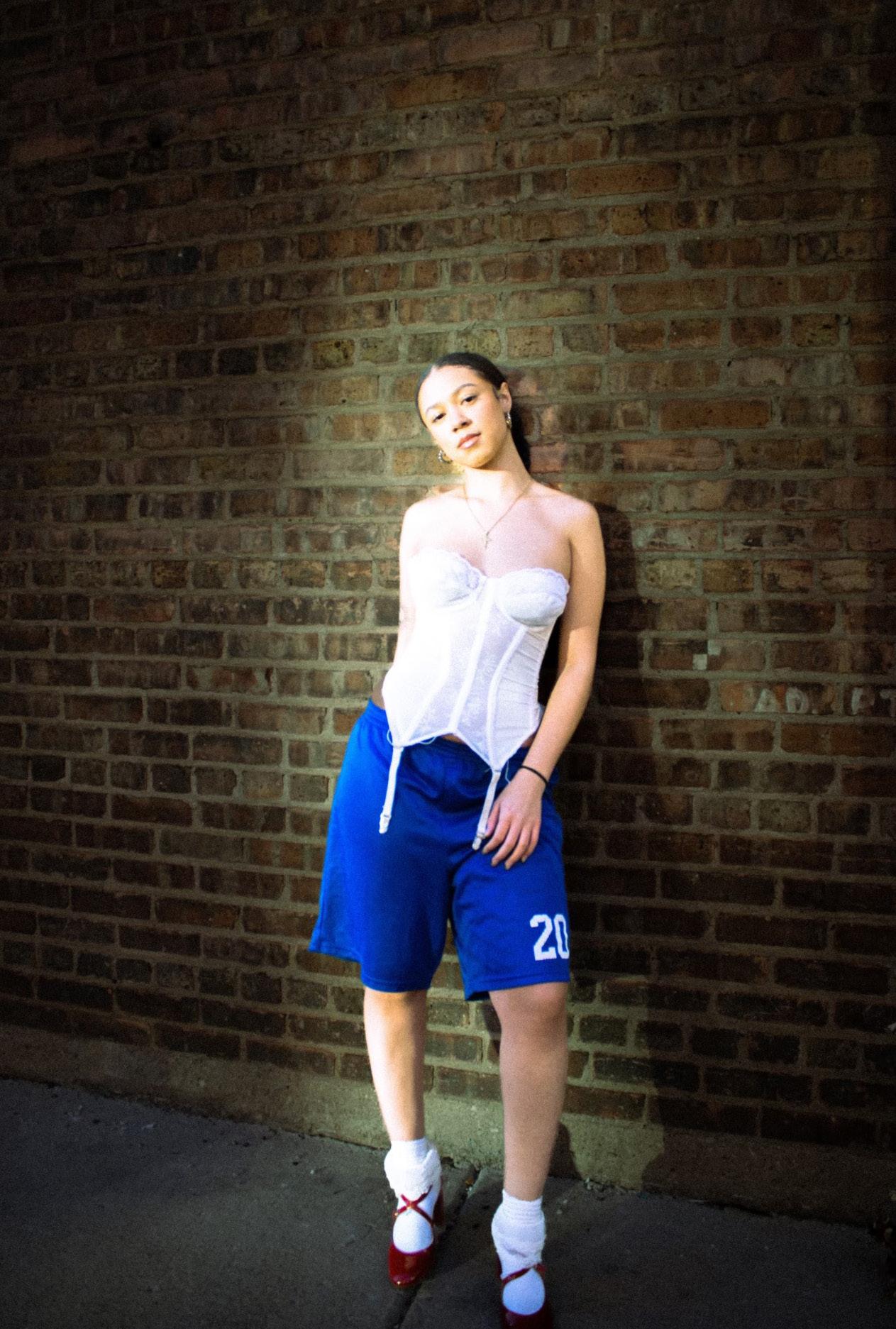
magazine is hard. Since I don’t have many collaborators, I make most of the content, and it’s extremely hard to come up with 60+ different ideas.” a magazine is hard. Since I don’t have many collaborators, I make most of the content, and it’s extremely hard to come up with 60+ different ideas.” While each issue has a central theme, Spann fills each issue with a variety of funky, vibrant, and unique pages. “I thought it would be easy, but there were times when I was burnt out and couldn’t, for the life of me, create a single page.” Not only is each page unique in terms of content, but Makyla experiments with different fonts, topics, images, and styles. “I want each
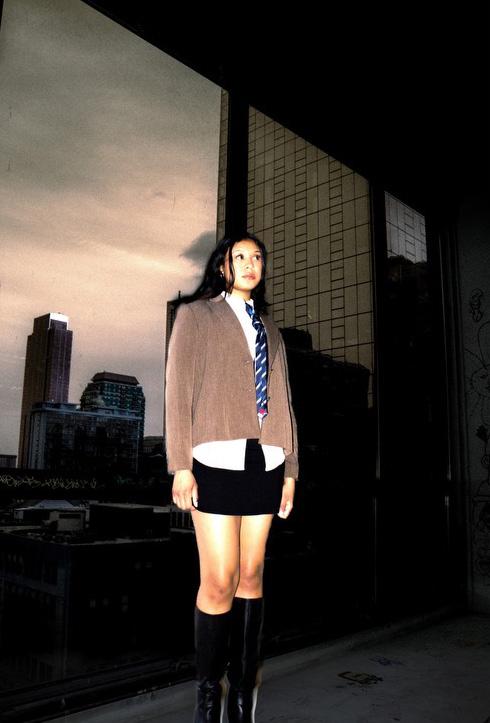 Rhett Kaya
Rhett Kaya

page to be interesting enough that would actually want to buy it, which is hard.”
“The inspiration behind ‘I Love Women’ came from a bumper sticker I bought when I got my first car. a bumper sticker I bought when I got my first car. I thought it would be fun to drive around with it and I got the bumper sticker because I identify as a lesbian.”
Makyla does not shy away from embracing sexuality. Seriously, her second issue is called, ‘I Love Women Who Love Women.’ The issue delves into what it means to be queer, to love as a queer person, and to exist as a queer person. Often in the media, queerness is seen as tragic, but Makyla reminds us this is far from the case. Rather, queerness is a journey, and her work acknowledges the hardships that queer people face. ‘I Love Women’ celebrates women’s sexuality through photography, poetry, and humor. This issue is undoubtedly witty. You can tell the humor was made by queer people for queer people.
Why not include a cutout image of Lana Del Rey or a graphic of women kissing; it is refreshing to see a project so openly queer and funny, yet introspective at the same time.
In a world where society is obsessed with labels and forcing people into boxes, one has to wonder what it means to be a woman. “To be a woman doesn’t equal femininity. As someone who dresses masculine and just shaved their head, I feel more like a woman than ever.” For Makyla, it’s not about dressing masculine or feminine but rather wearing what you want. ‘I Love Women’ rejects ‘traditional’ views of femininity and instead embraces the wonders of fluidity.
“Being a woman to me means empathy, devotion, acceptance, strength, respect, admiration, and being emotional! I know that’s stereotypical but I think it’s one of my favorite things about myself and other women is that we have such a close relationship with our emotions. I love my big feelings.”
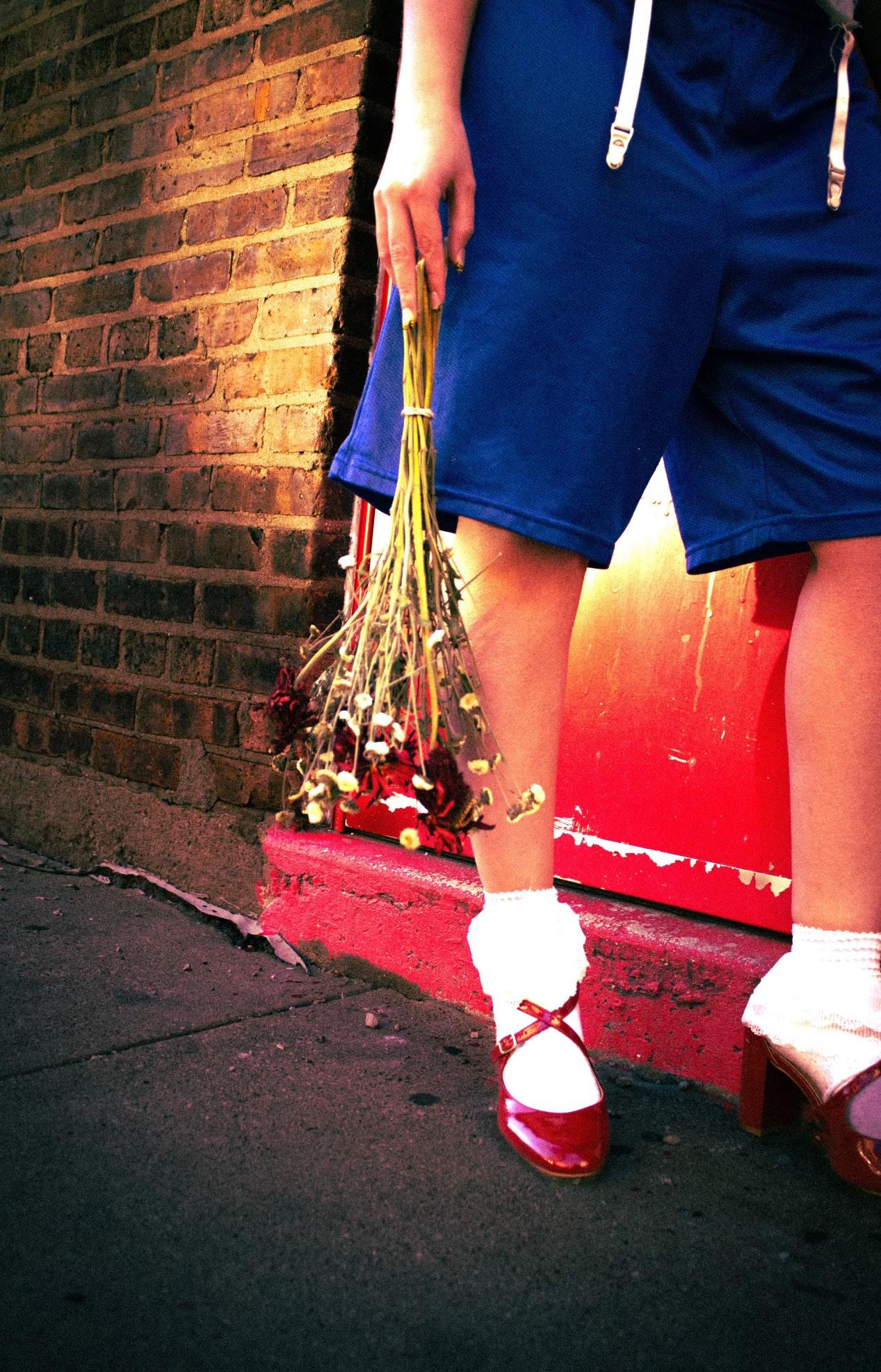 Makyla Spann
Makyla Spann
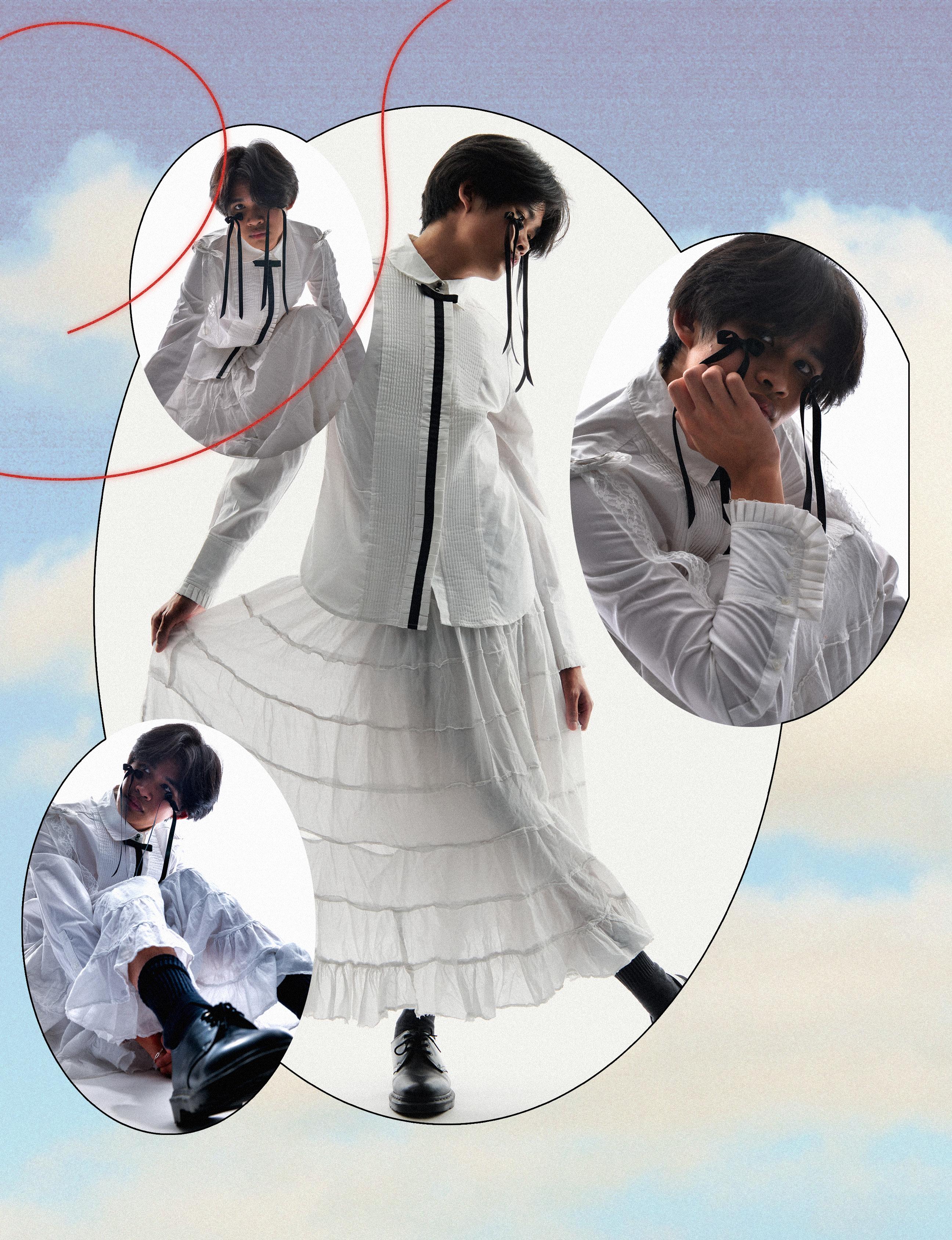 Photos by Aidan Roof & Gabo Page
Photos by Aidan Roof & Gabo Page
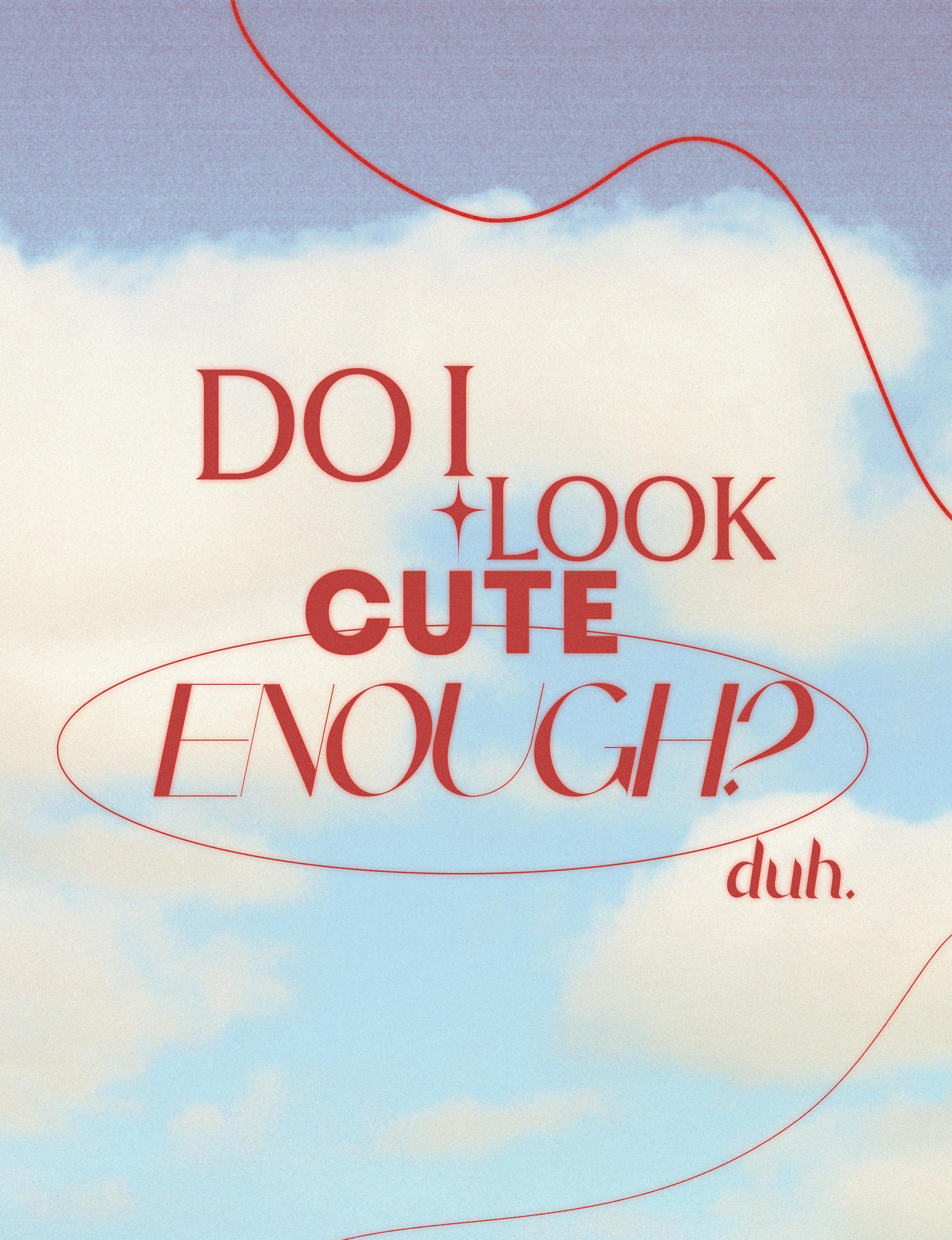
Public Venmo Porn Girls- Demo Diva Cup
Edge of Seventeen
Stevie Nicks
Cherry Bomb
The Runaways
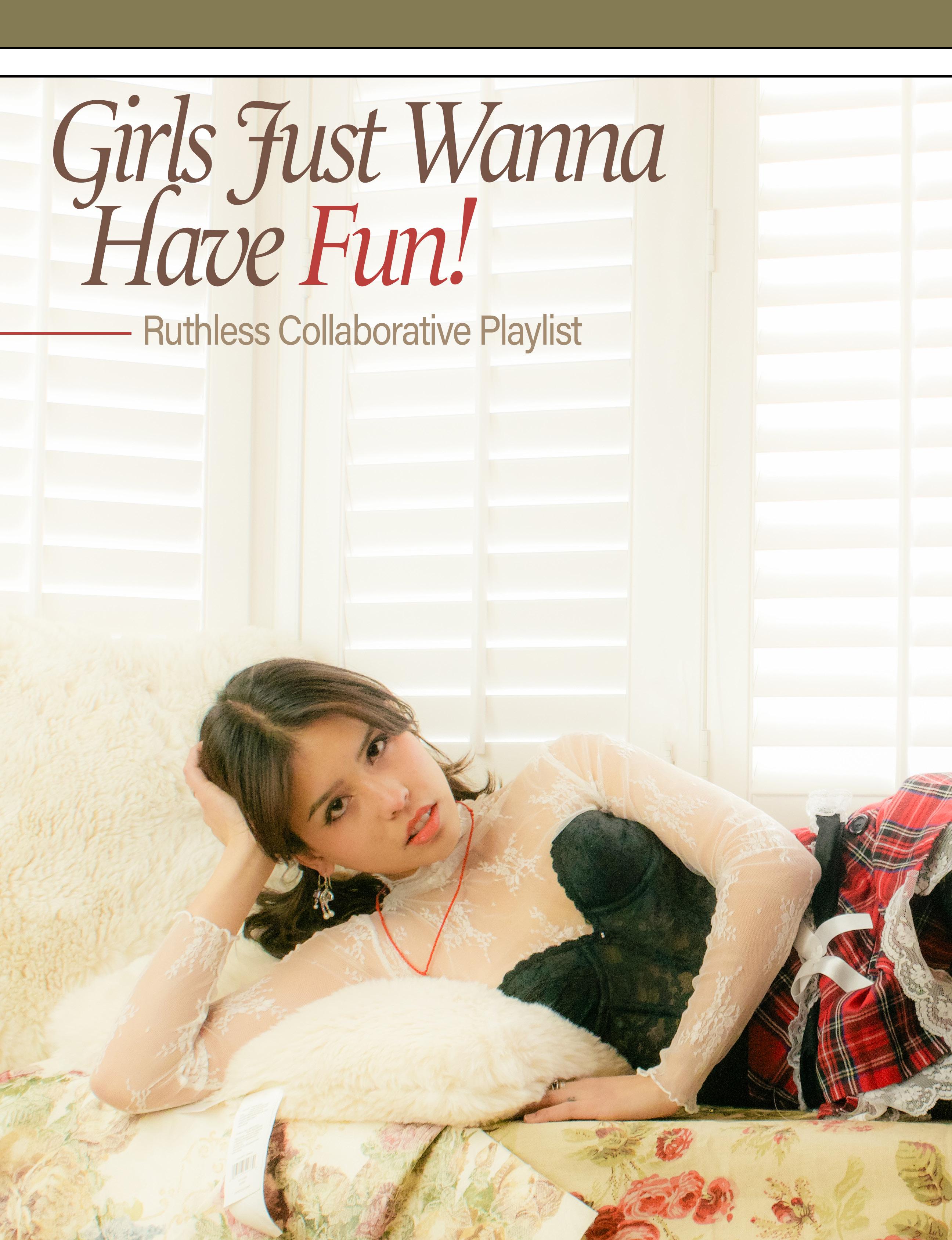
Bad Reputation
Joan Jett & The Blackhearts
Bubblegum Bitch MARINA
Would’ve Could’ve Should’ve Taylor Swift
History of Man Maisie Peters
Norman fucking Rockwell Lana Del Rey
Machines Jensen McRae
I’m Not Scared Tomberlin
Welcome to Eden - The Wild Honey Pie Buzzsession Samia
Gibson Girl
Ethel Cain
Cigarette Smoke
Half Wolf
For You I Hold My Breath Lalleshwari (Katie Jane Carside)
Liquid Smooth
Mitski
Kids
Current Joys
Caroline
Briston Maroney
Girls That Play Etta Marcus
Under The Table
Fiona Apple
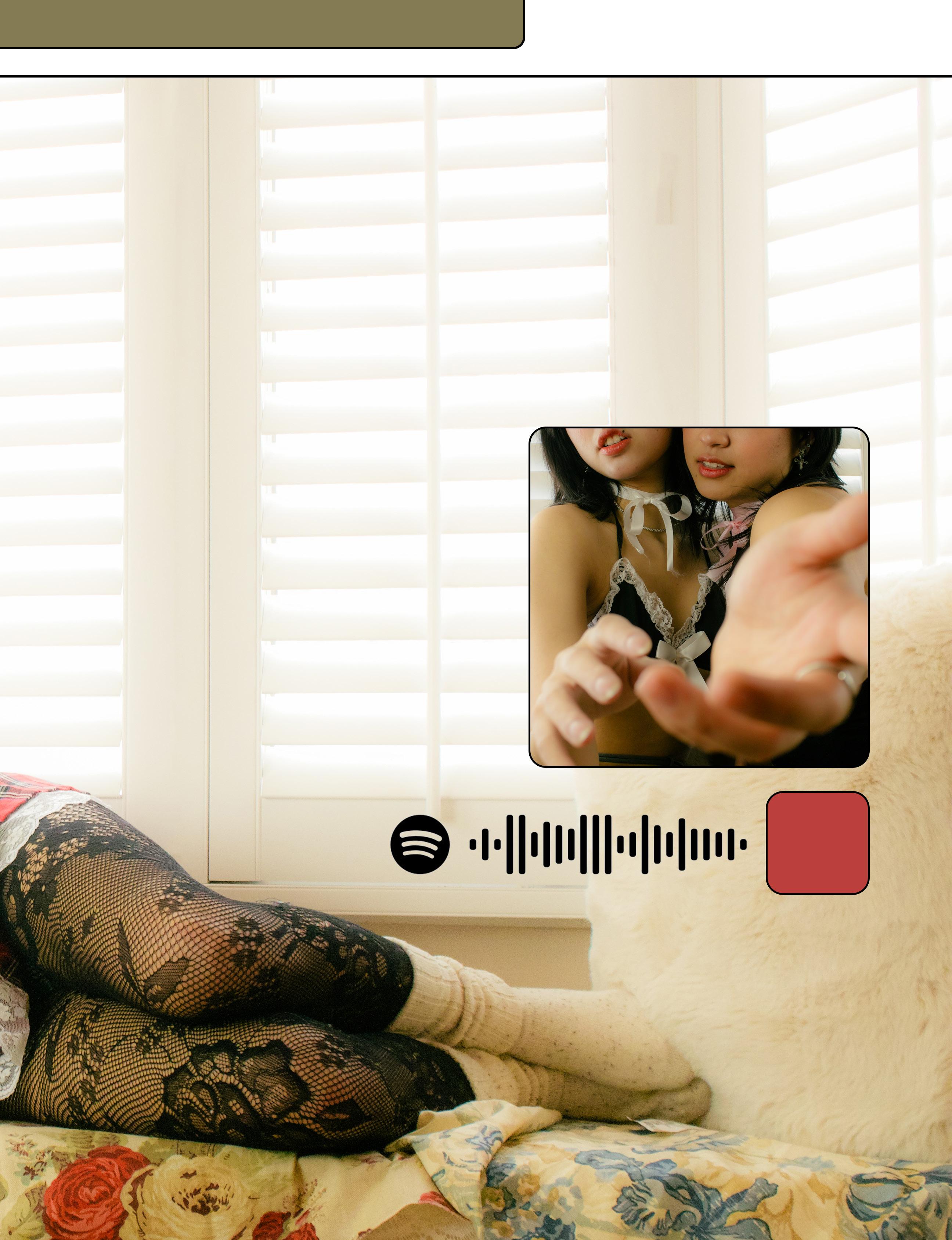
Petals Hole
Soft Like a Flower Cherry Glazerr
L- Over U.S. Girls
Wet Dream Wet Leg
Rebel Girl
Bikini Kill
zero
Anna Tsuchiya
Lilian Ma
Talie Stone
Edwin McArthur President
Isaac Saegesser Vice President
Hallie Hannum Treasurer
Liv Gewanter Creative Director
Garrett Botsch Creative Director
Rhett Kaya Editor-In-Chief
Stephanie Sika Deputy Editor-In-Chief
Emily Miller Director of Journalism
Mack Hammond Senior Graphic Designer
Maya Baumann Senior Graphic Designer
Tylyn King Director of Photography
Camron White Director of Photography
Mia DiNorcia Head Stylist
Ashley Warren Head Stylist
Hailee Hawkens Head of Makeup
Kenzie Hale Head of Hair
Max Iannini Director of Modeling
Kam Monsefi Director of Modeling
Tarrah Connolly Art Director
Nate Siegfried Art Director
Norah Hampford Music Director
Michael Robinson Marketing Director
Aidan Roof
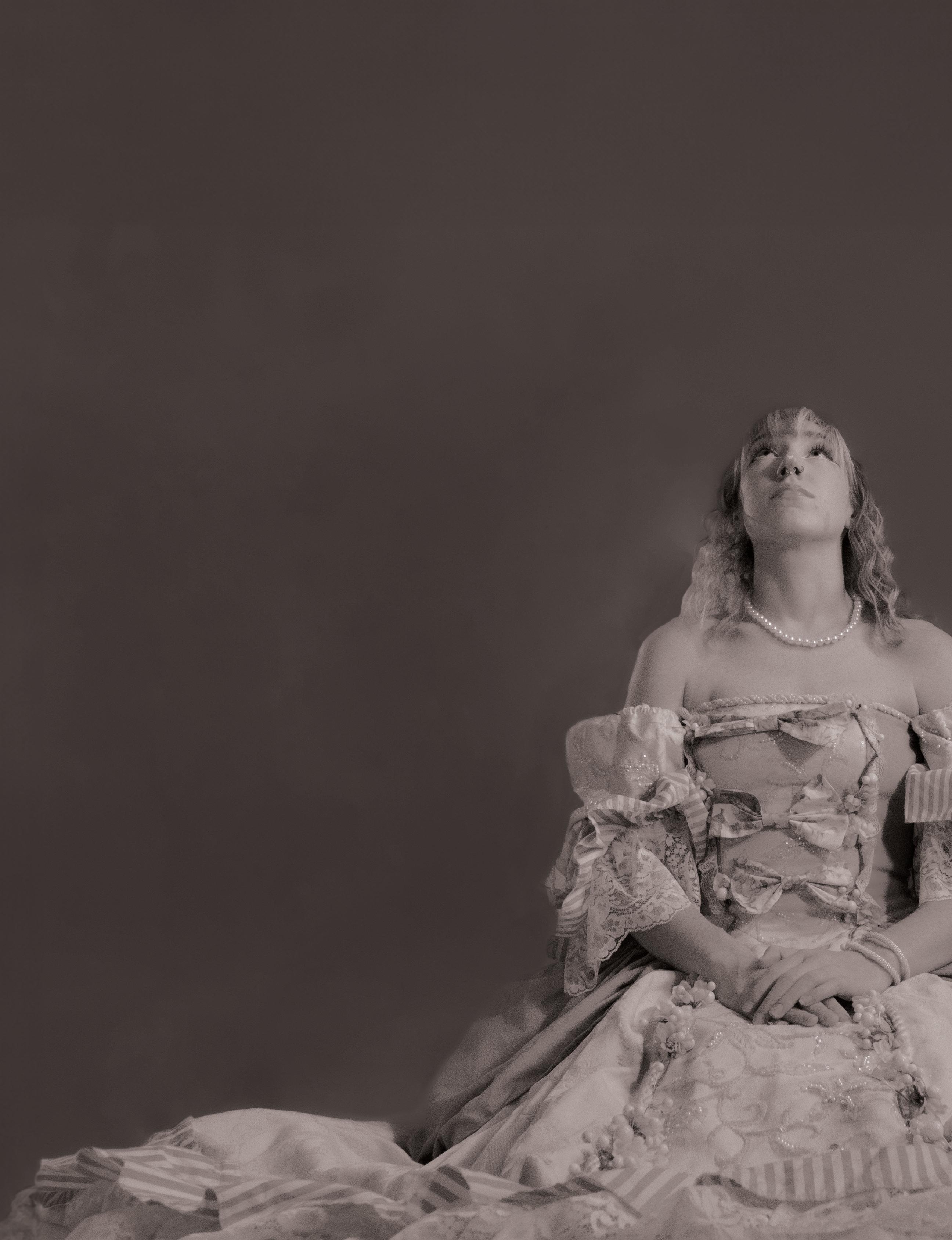
Samson Kidane
Connor Farrah Gabo Page
Garrett Bosch Tylyn King
Liv Gewanter Sam Nelson
Hannah Kiljner Yash Thapliyal
Aidan Sockrider Nina Vo
Lilian Ma Makyla Spann
Talie Stone
Matthew Wilhelm
Caitlynn Perderson
Mia DiNorcia Emily Miller
Jordan Saladino Antonio Parades
Tatum Kalina
Max Aronheim
Aurore Muzabibu
Gina Ricci
Elanor Dawson-Moore
Mia DiNorcia
Rhiannon Bowen
Maya Blom Walker
Mandira Gowda
Max Iannini
Sofie Im
Ben Bridy
Nema Khalifa
Tylyn King
Hailee Hawkins
Tatum Kalina
Shelby Miller
Rue Murray
Kam Monsefi
Emily Zhou
Talie Stone
Makyla Spann
Sophie Singleton
Vega
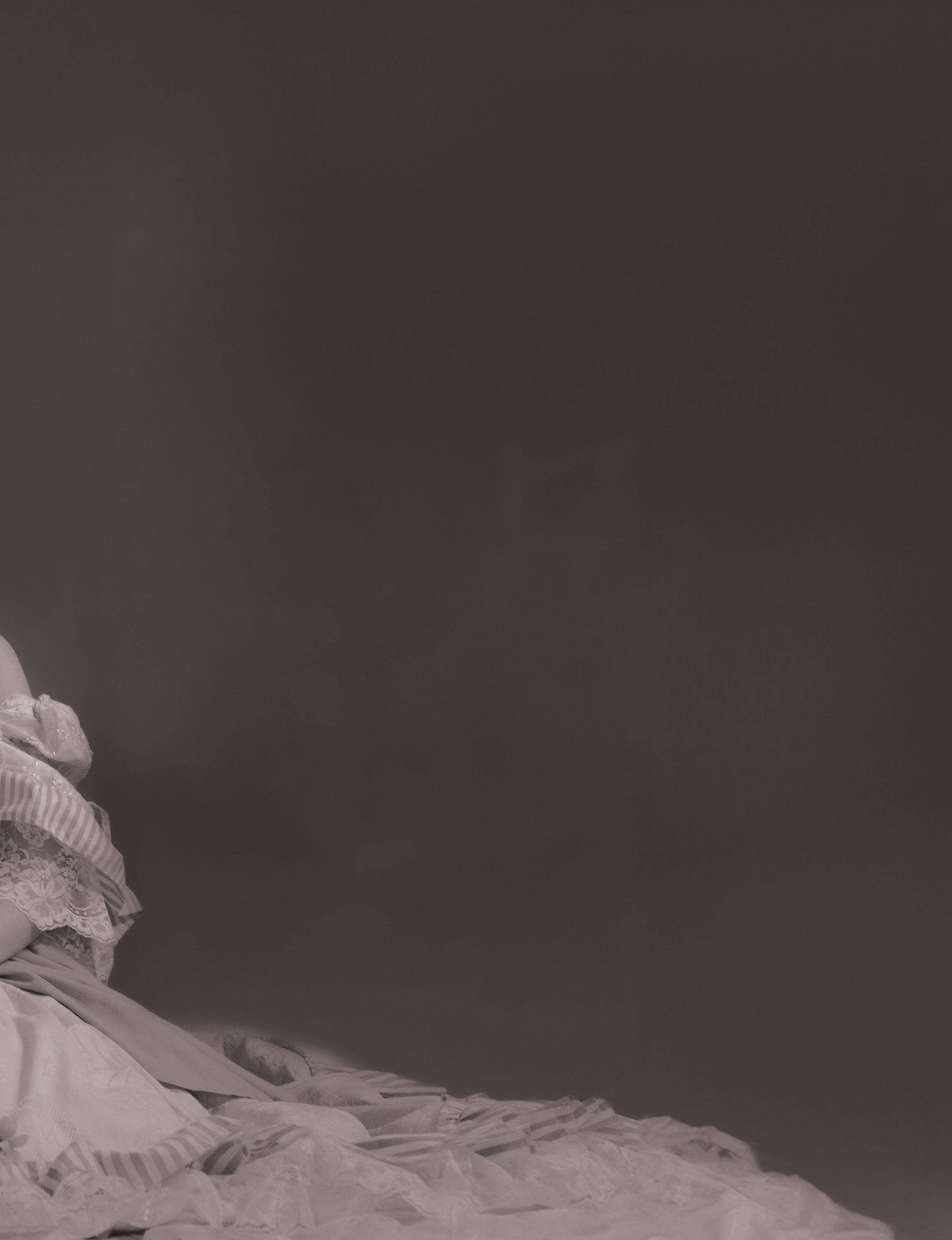
Michael Robinson
Gray Cartsen
Victoria Orozco
Leila Smith
Arina Volkova
Antionio Paredes
Lilian Ma
Nina Vo
Lacey Rubinstein
Jordan Saladino
Nate Siegfried
Adras Szalay
Sophanara Thann
Matthew Wilhelm
Abby Sinno
Abigail Coulliard
Jayden Ober
Tarrah Connoly
Aimee Bui
Mia Martinez
Ava Gallagher
Valarie Casas
Maya Baumann Ava Pelster
Mack Hammond Lilian Ma
Gabo Page
Hailee Hawkins Gray Cartsen
Kendall Earley Olivia Guidroz
Special thanks to Apocalypse for providing pieces from their store, Makyla Spann, Diva Cup, & Hotel Boulderado.
